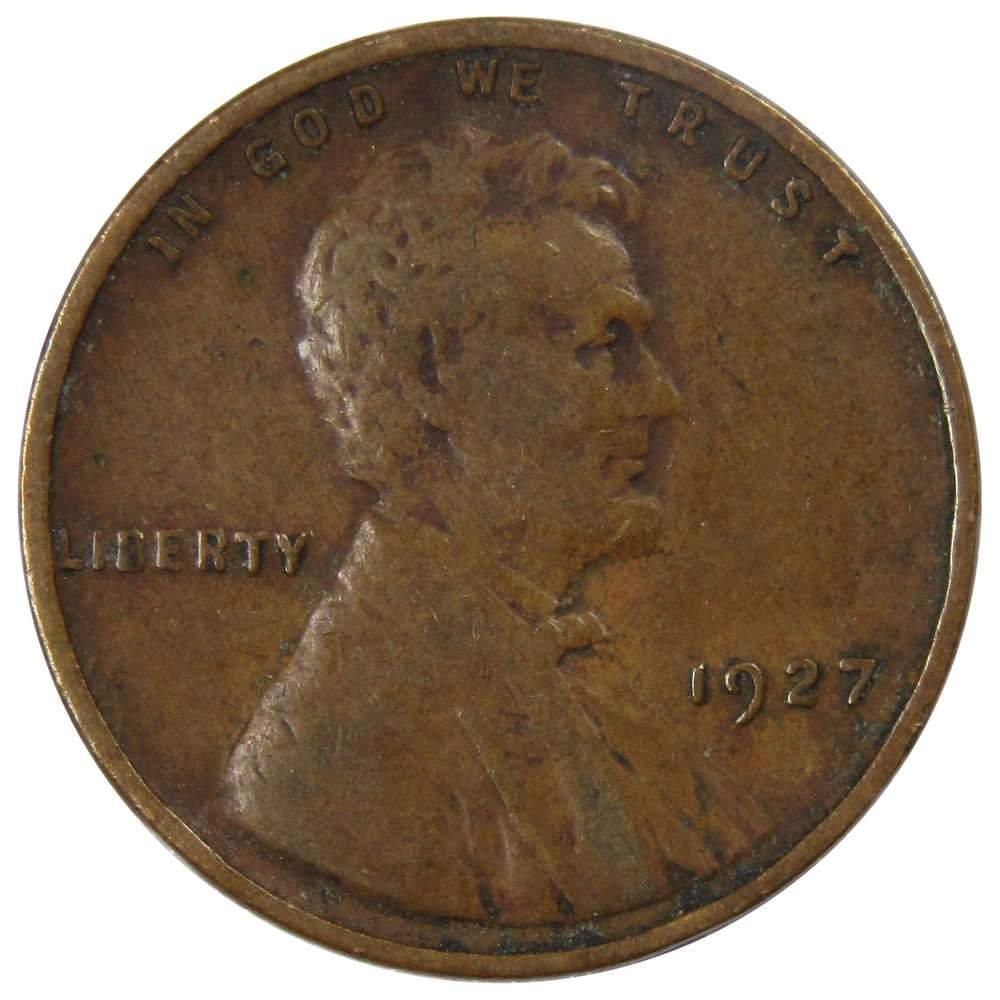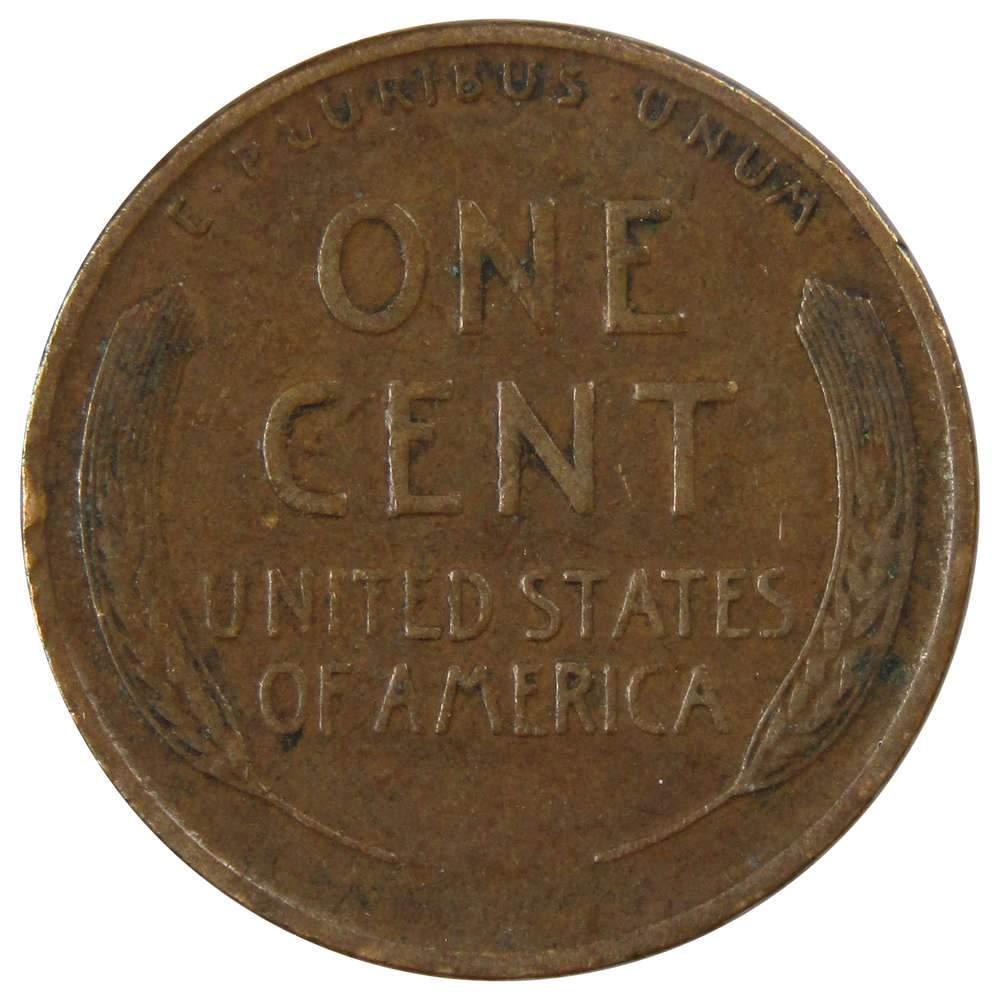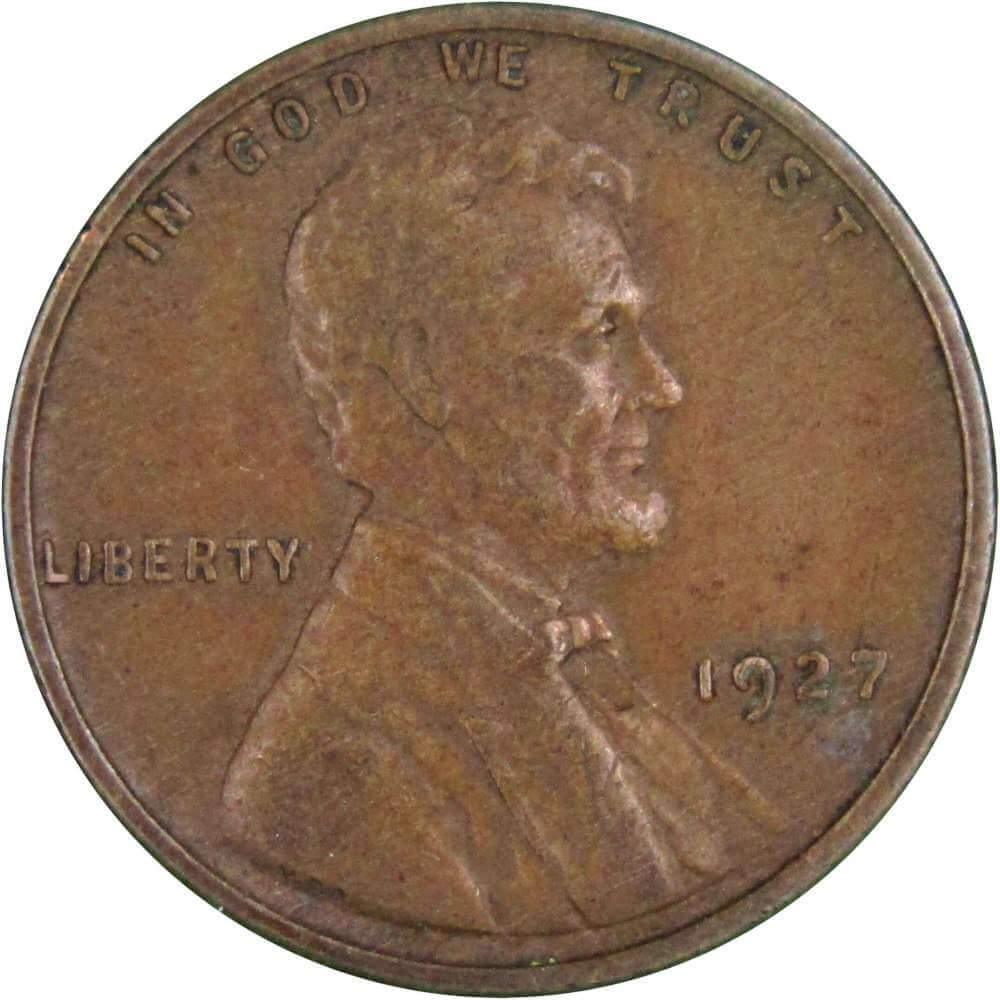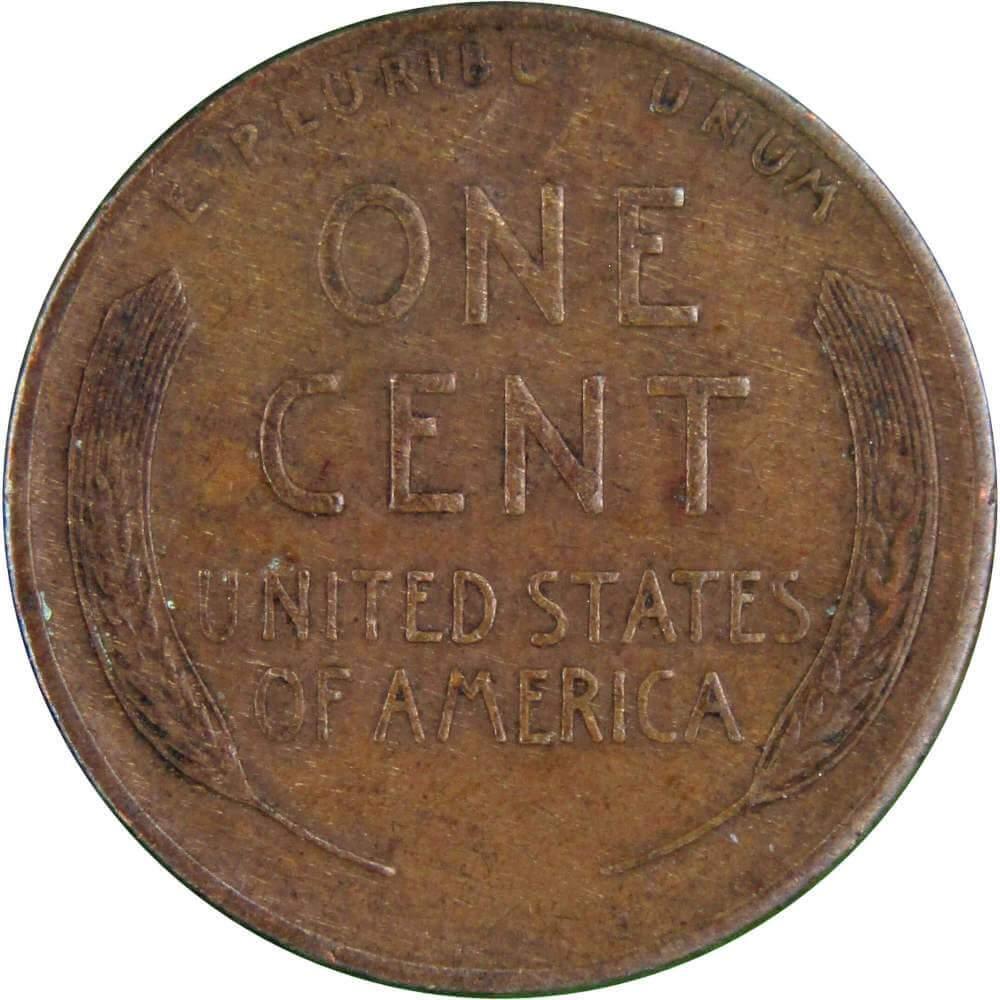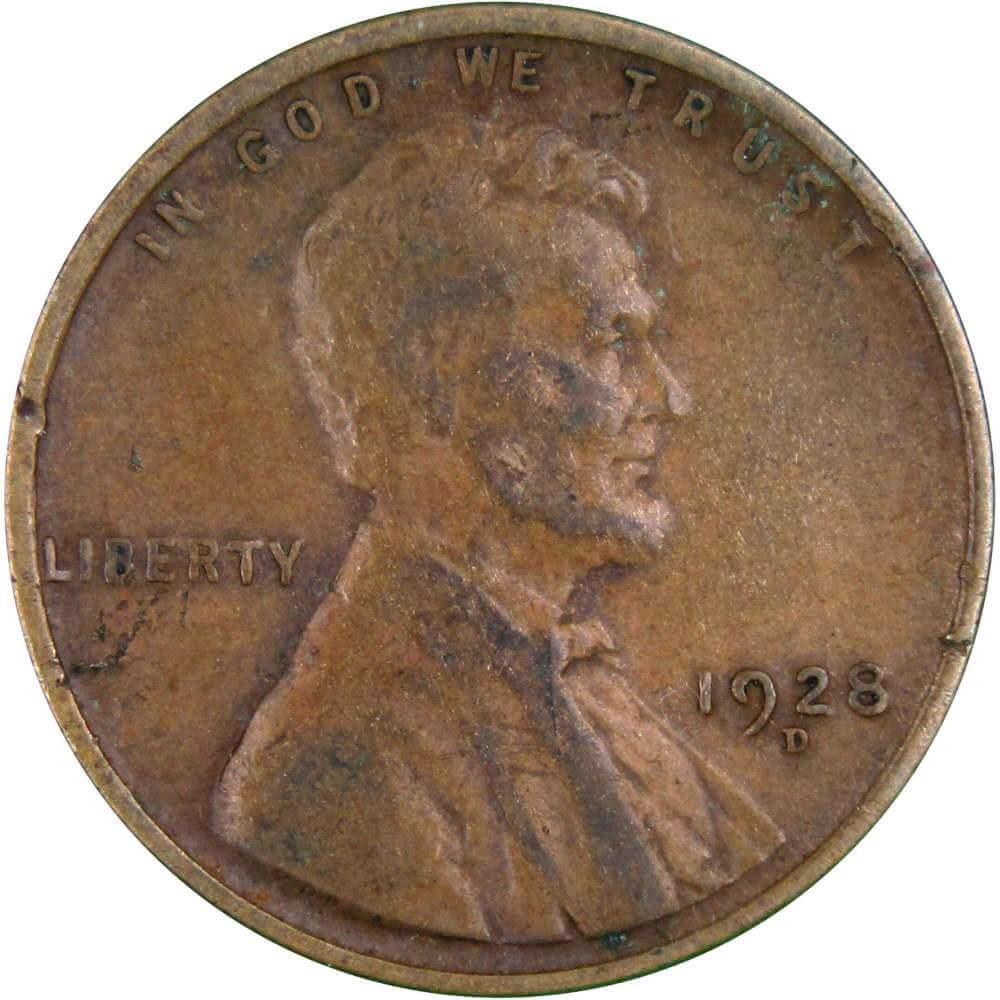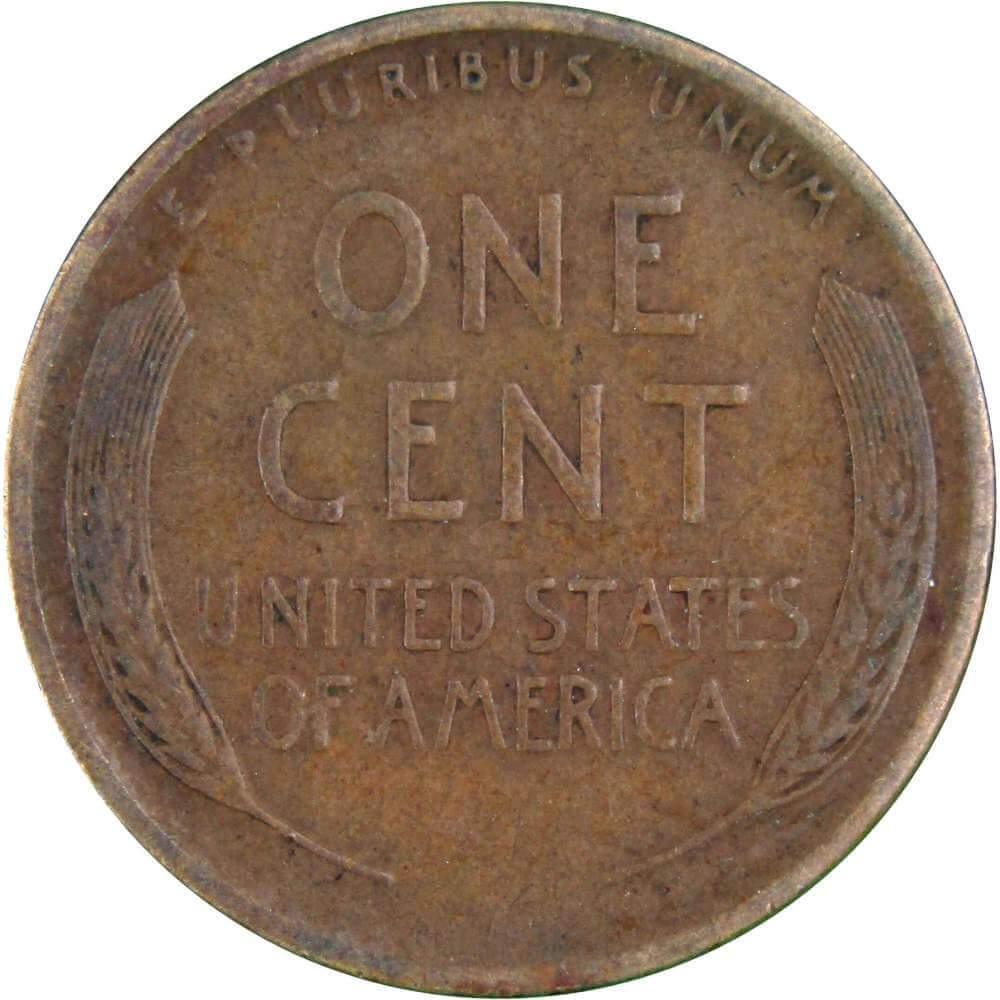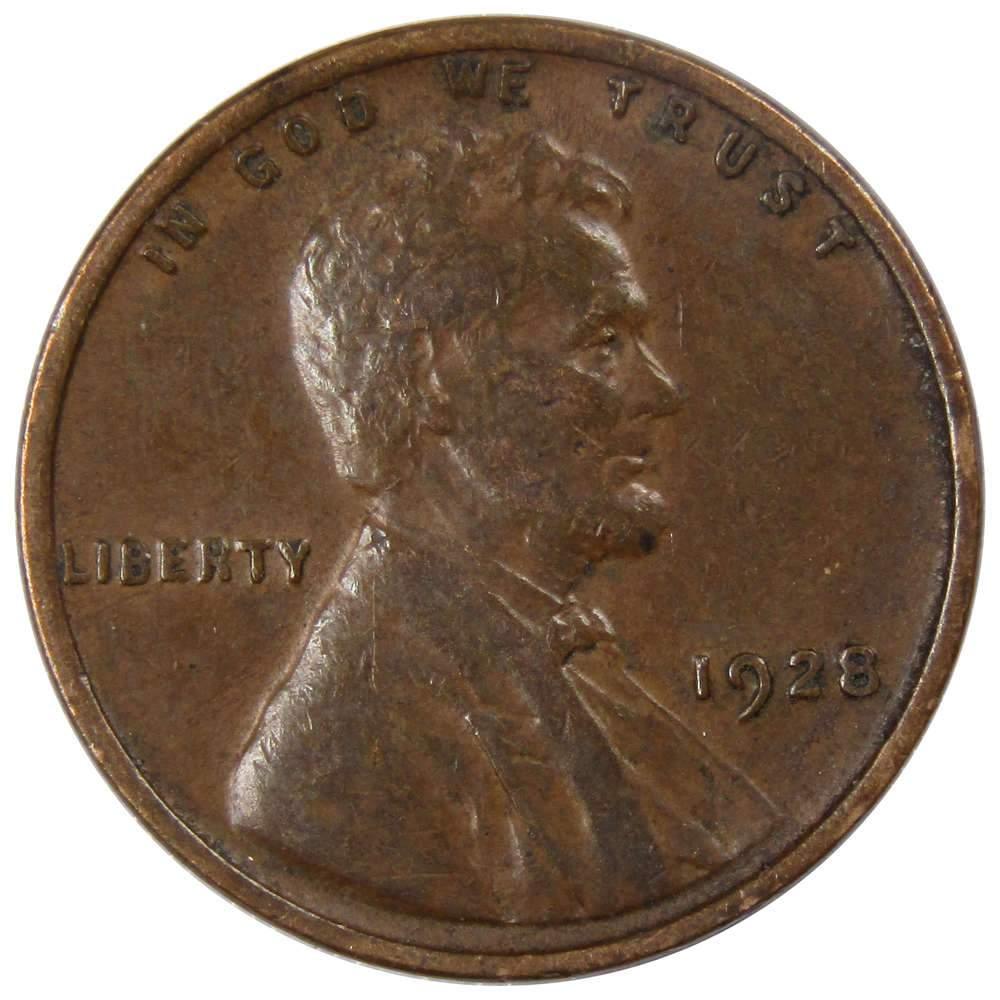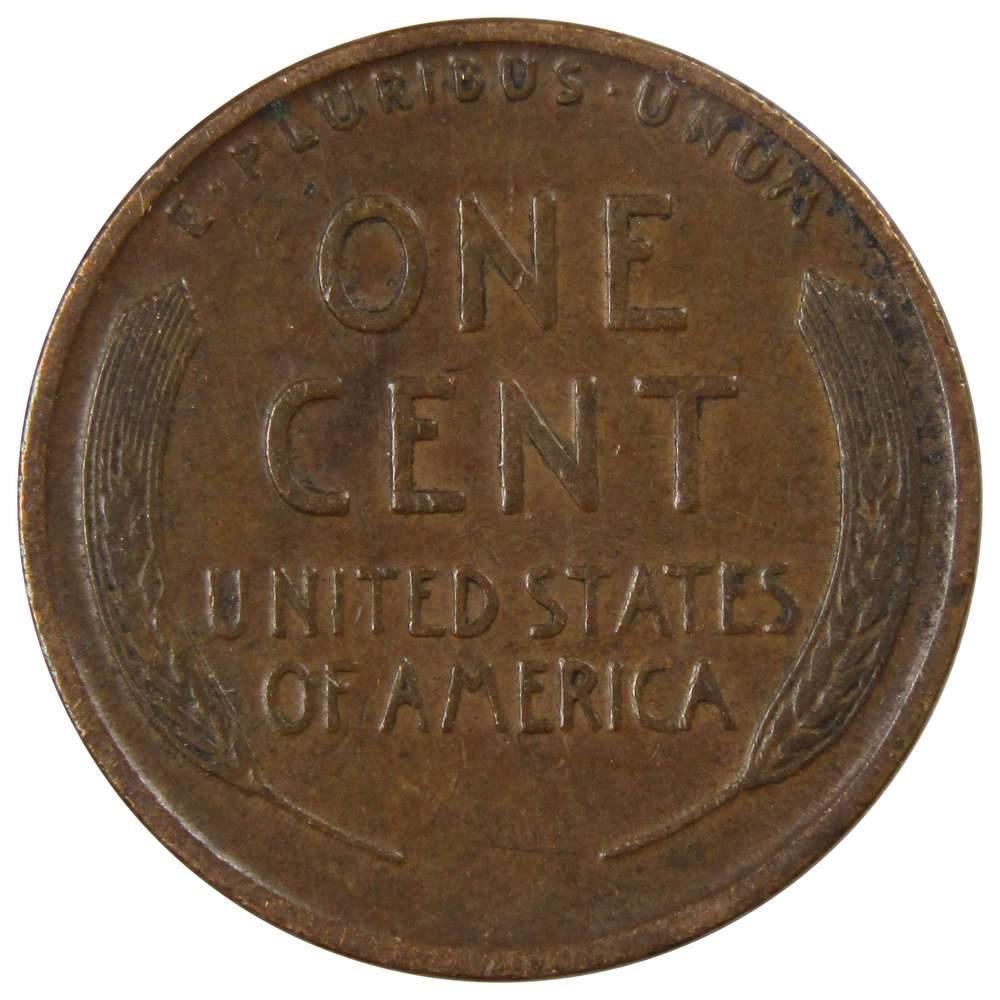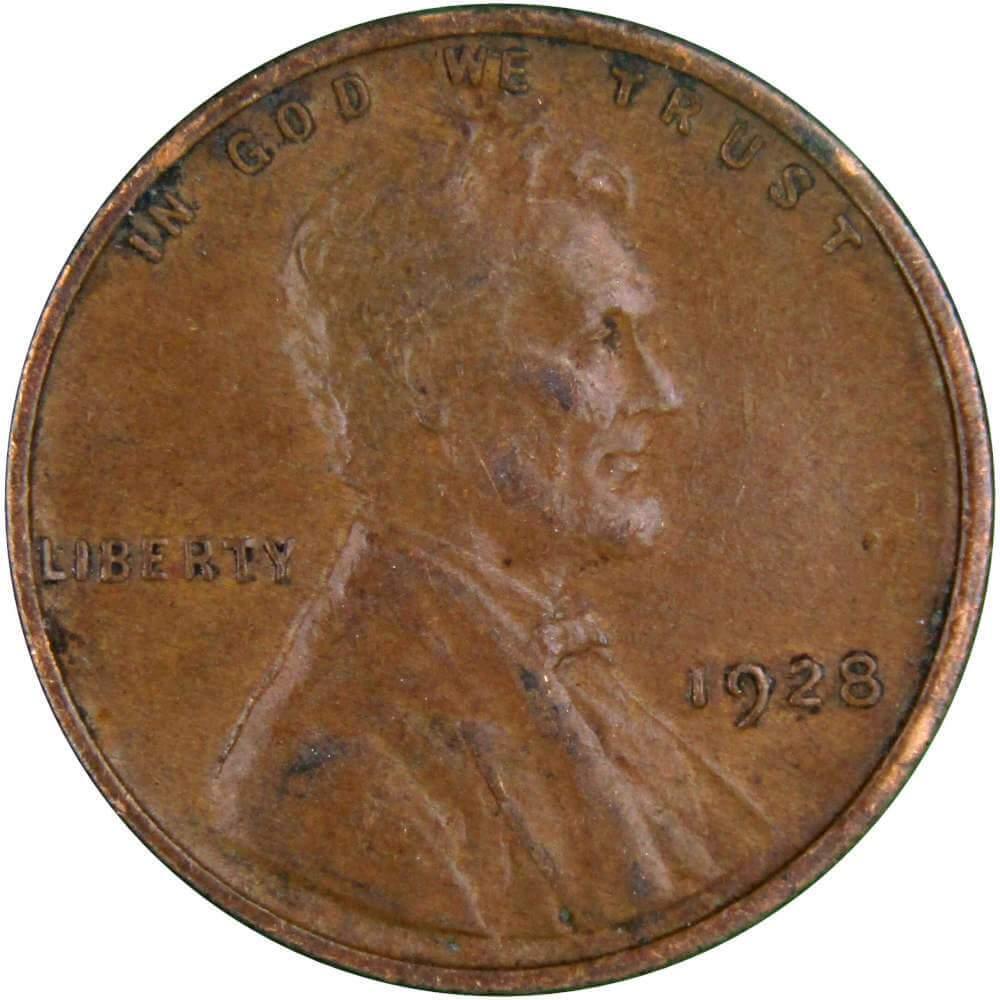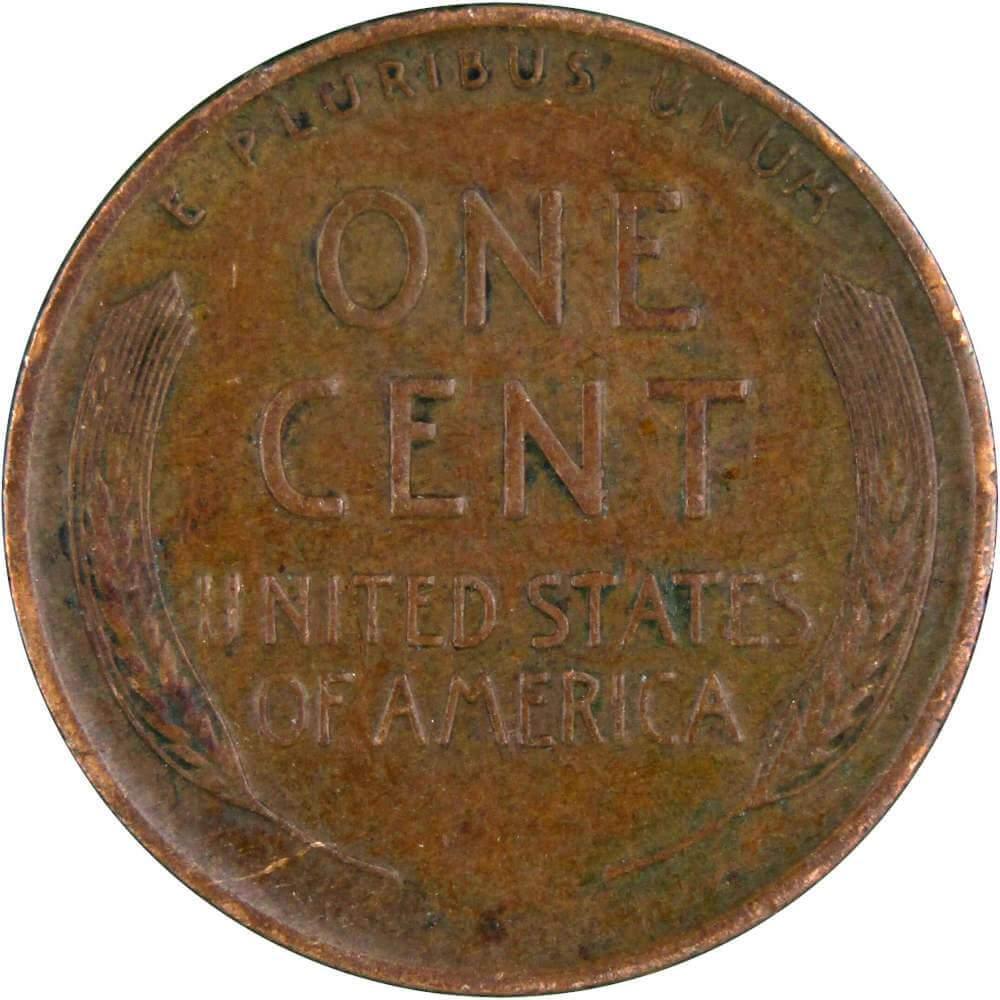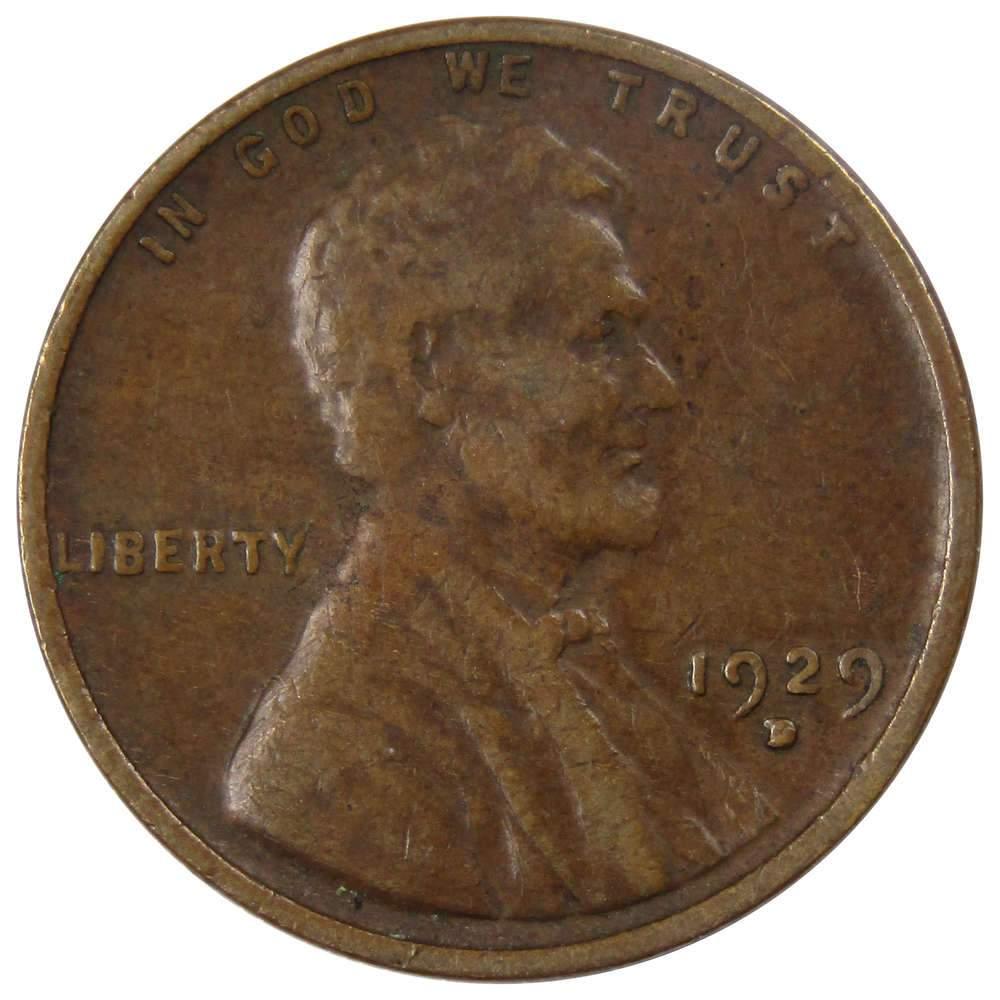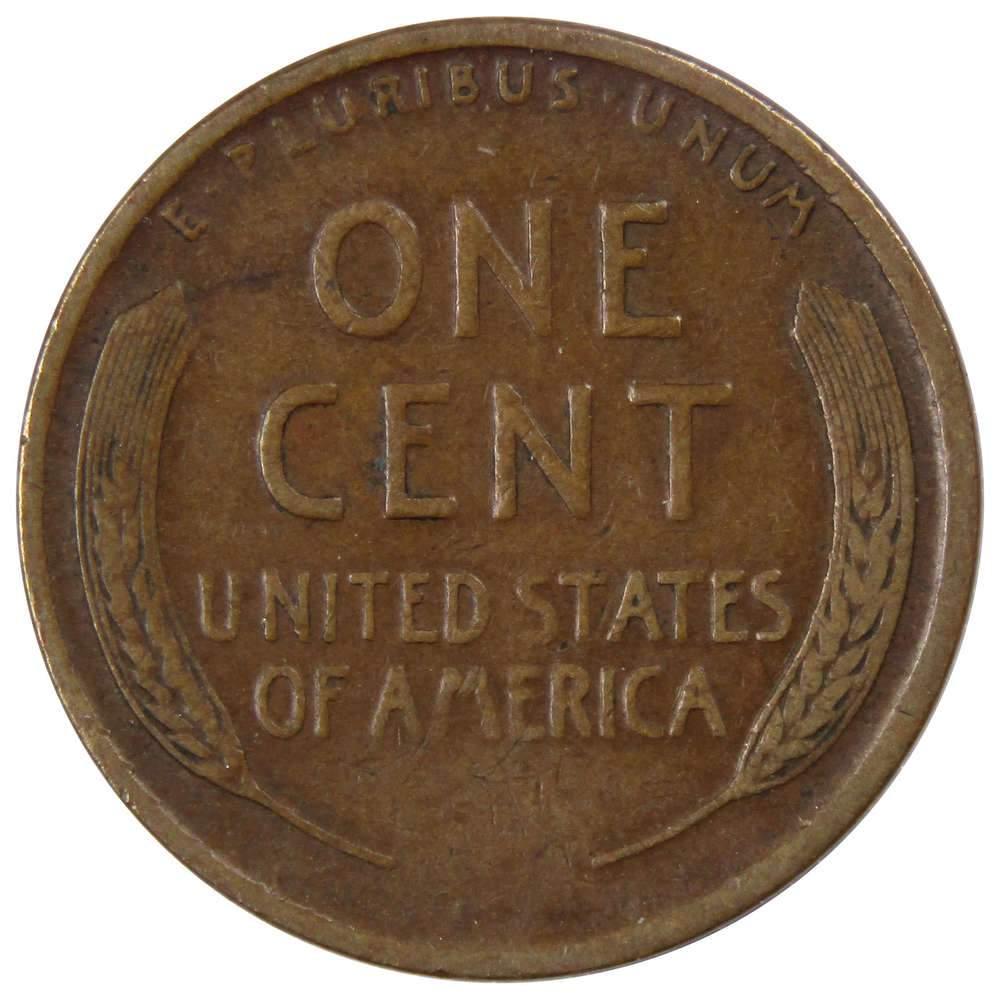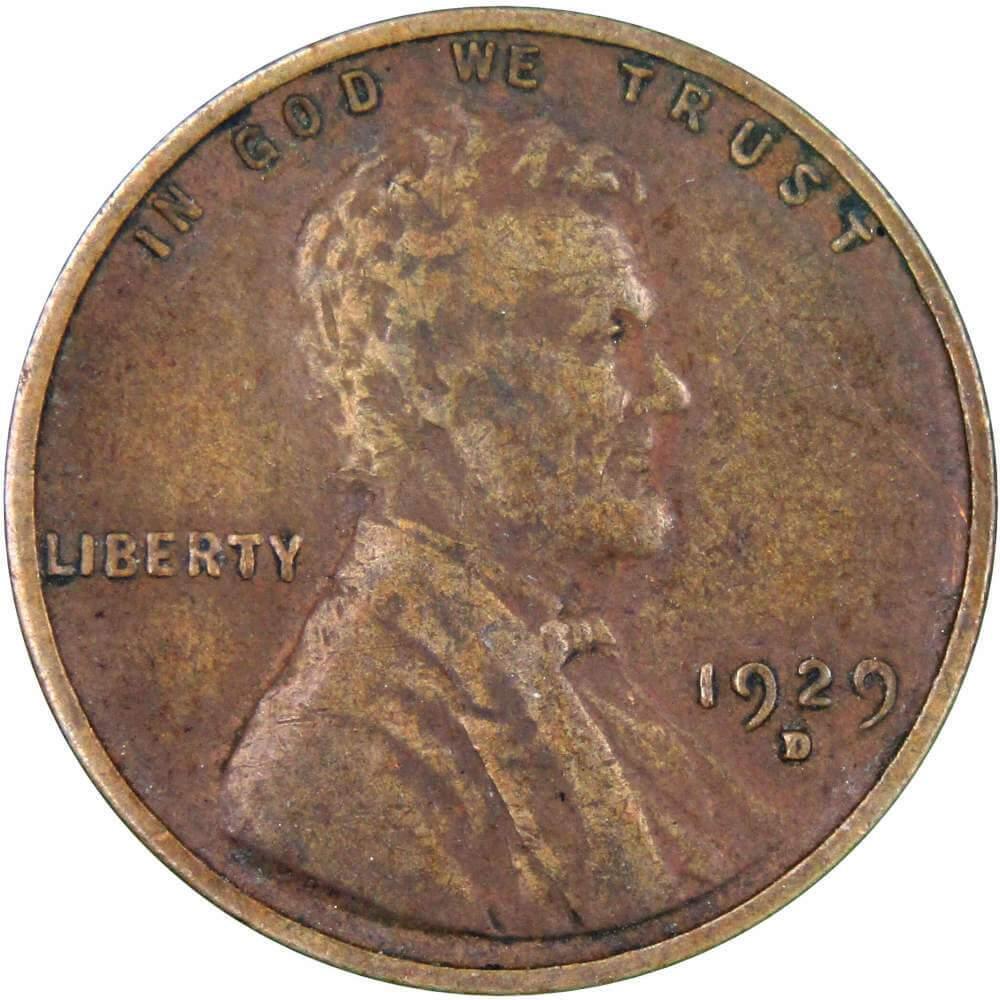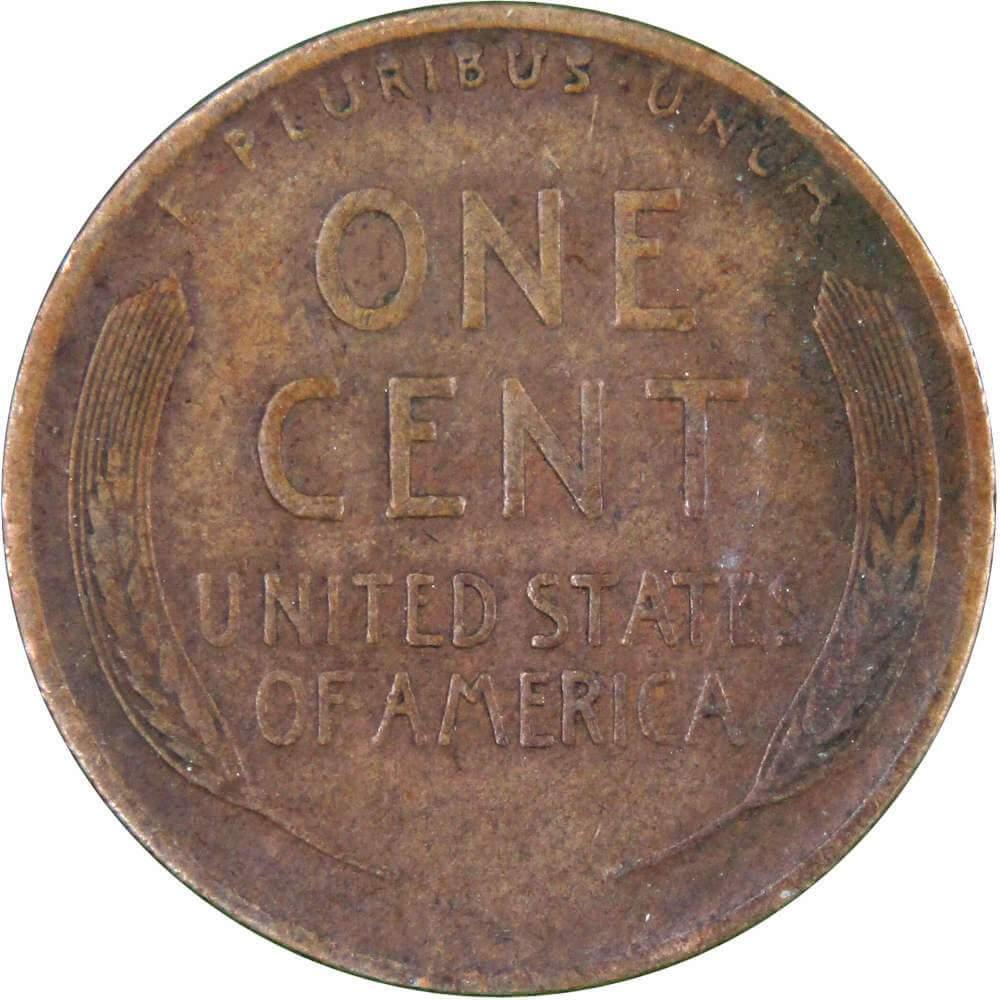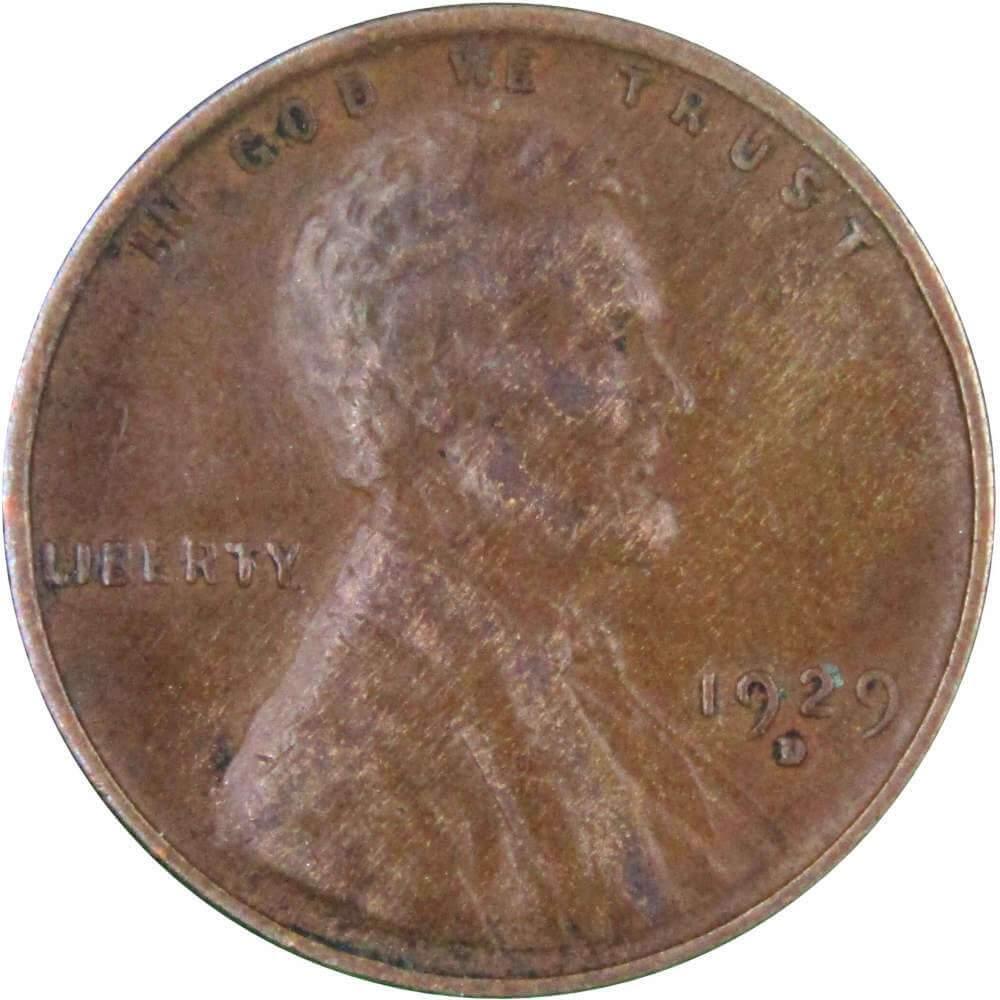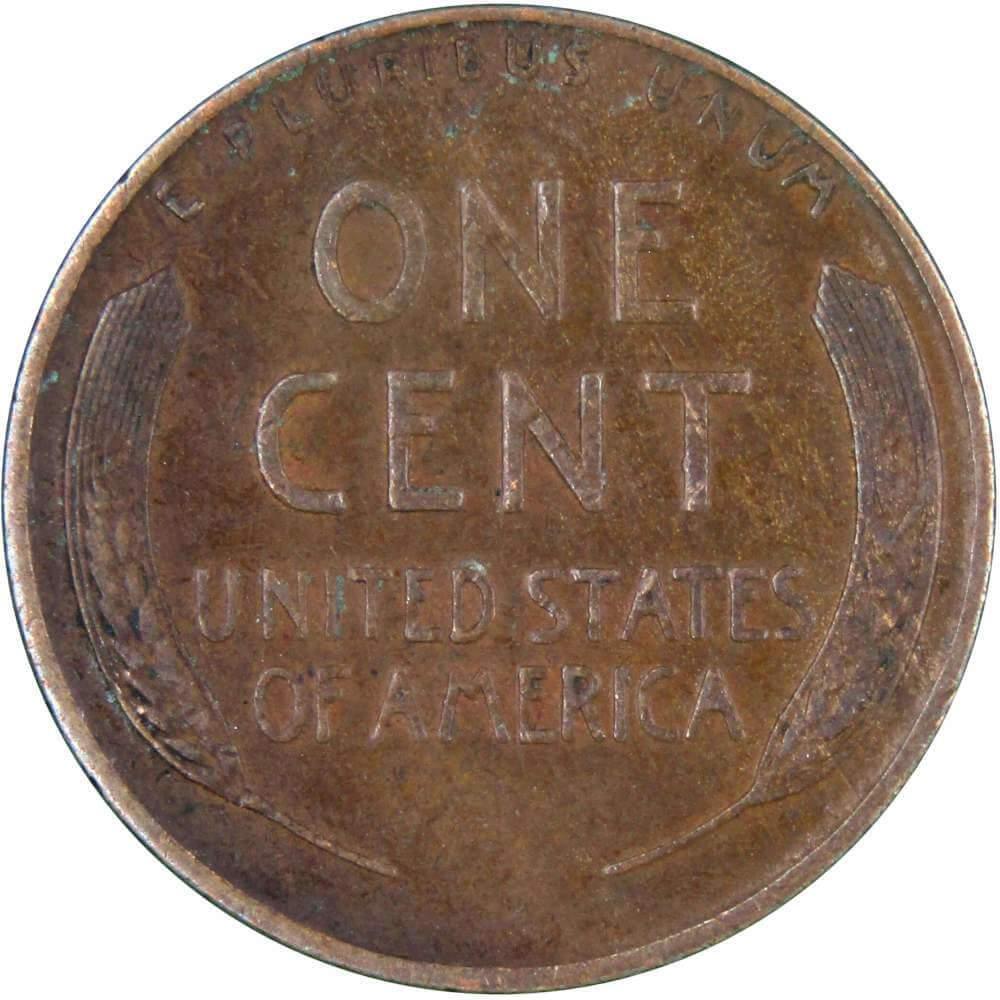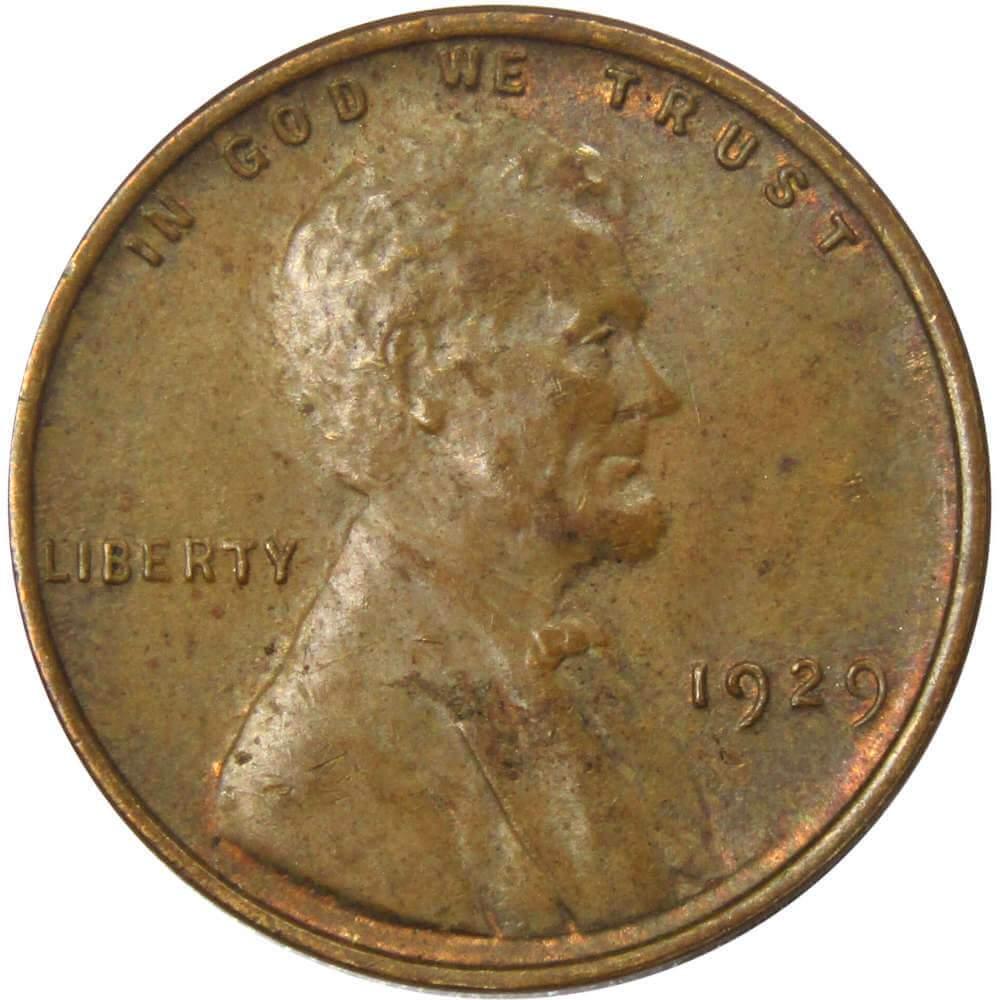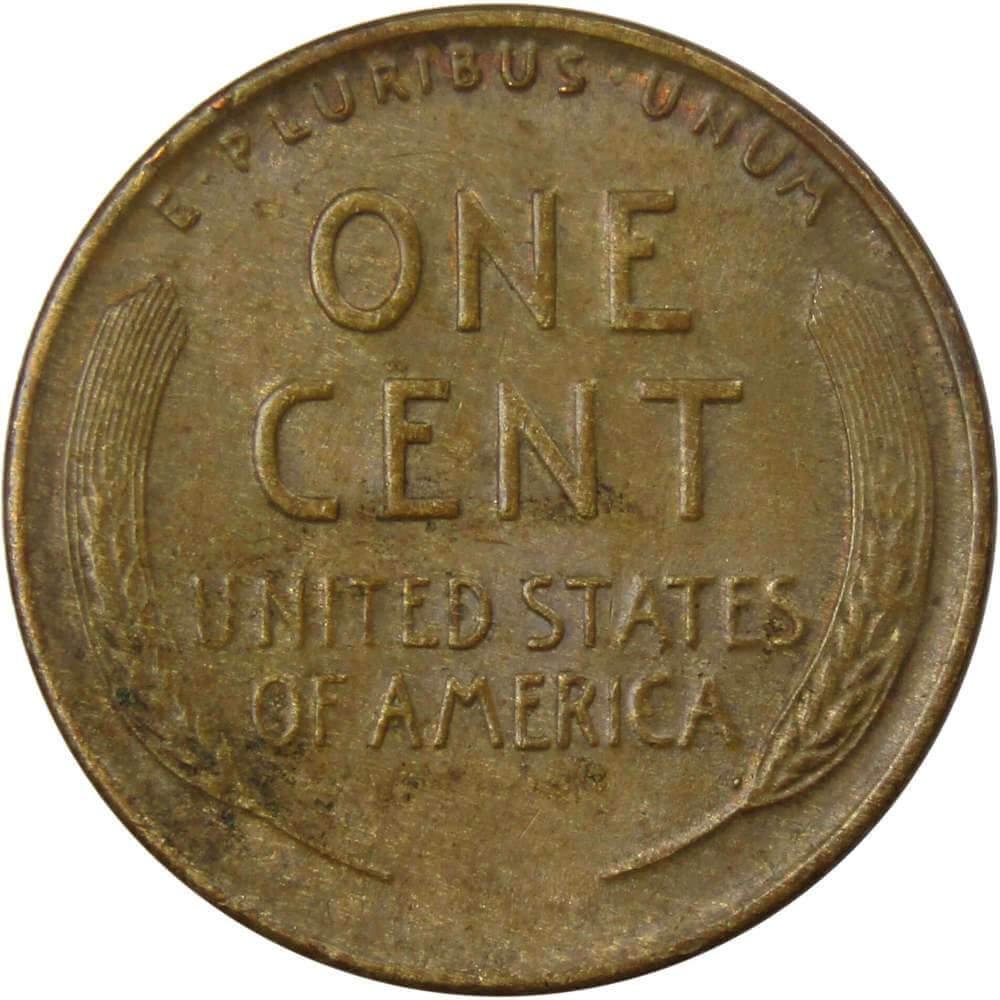U.S. Wheat Cents (1909-1958)
210 products
Showing 49 - 72 of 210 products
Lincoln Wheat cents debuted in 1909 to honor the 100th anniversary of Abraham Lincoln's birth. Though the obverse has remained the same design by Victor D. Brenner, the reverse of the Lincoln cent has been redesigned several times. Shop wheat pennies for sale, the first design released, at Profile Coins. Learn More
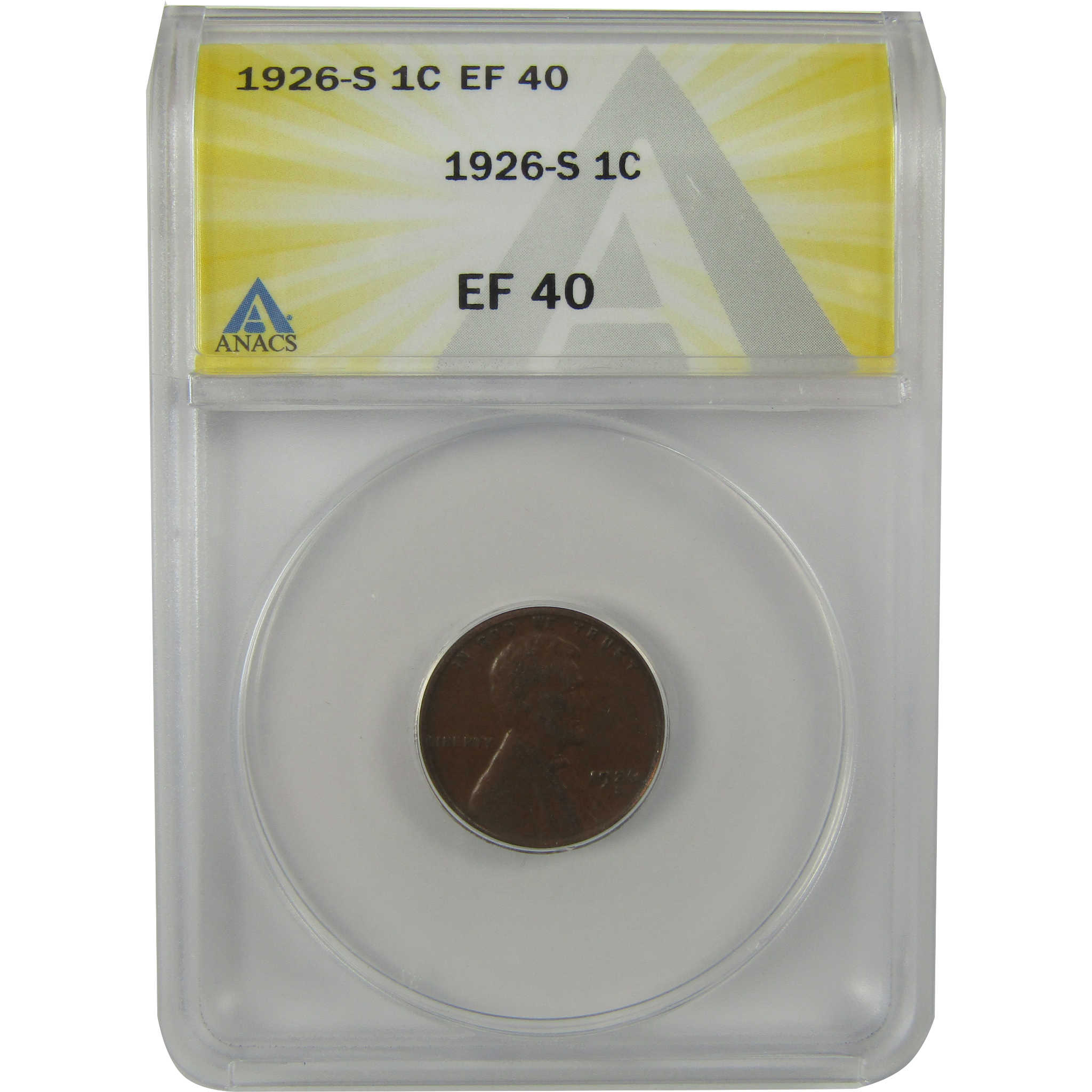
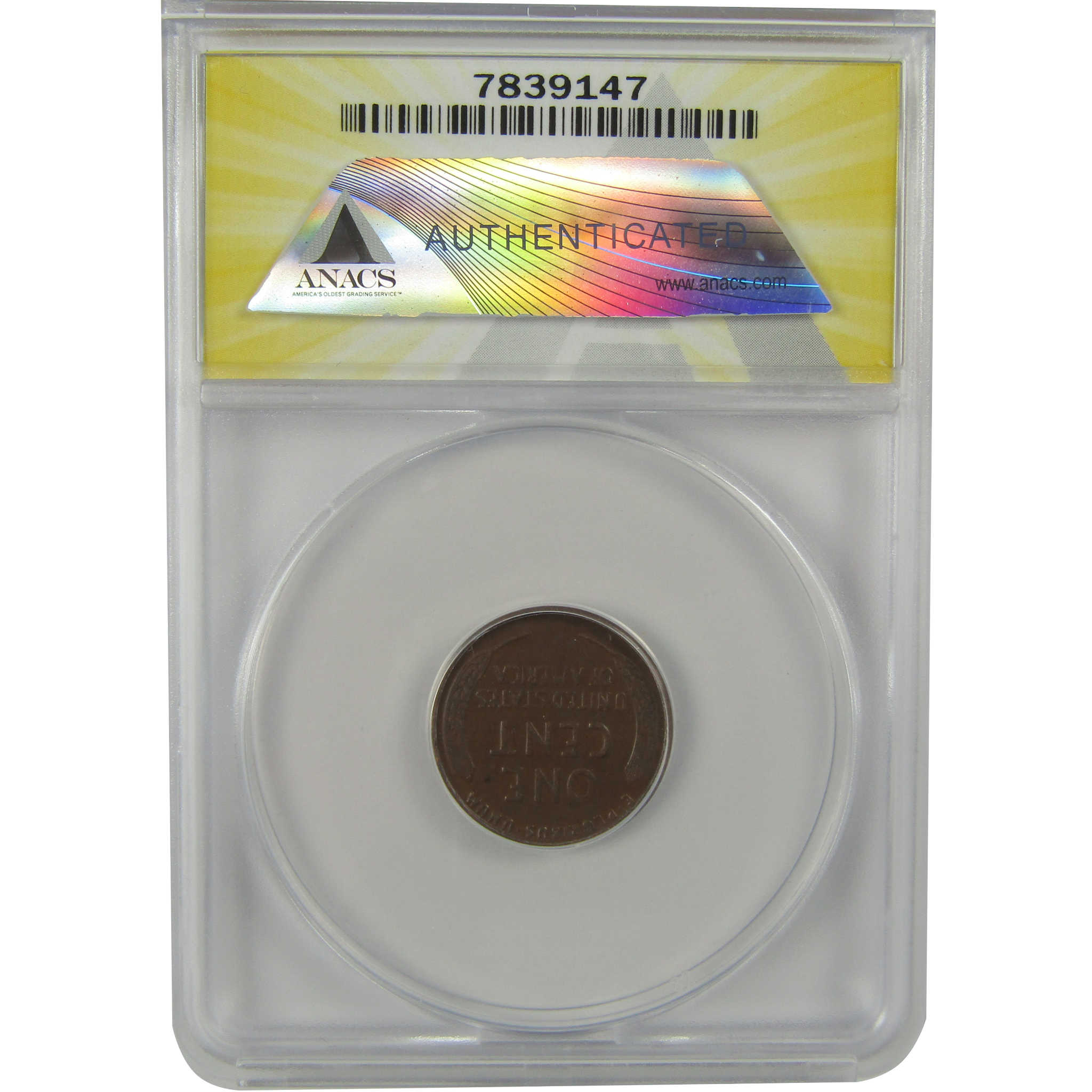
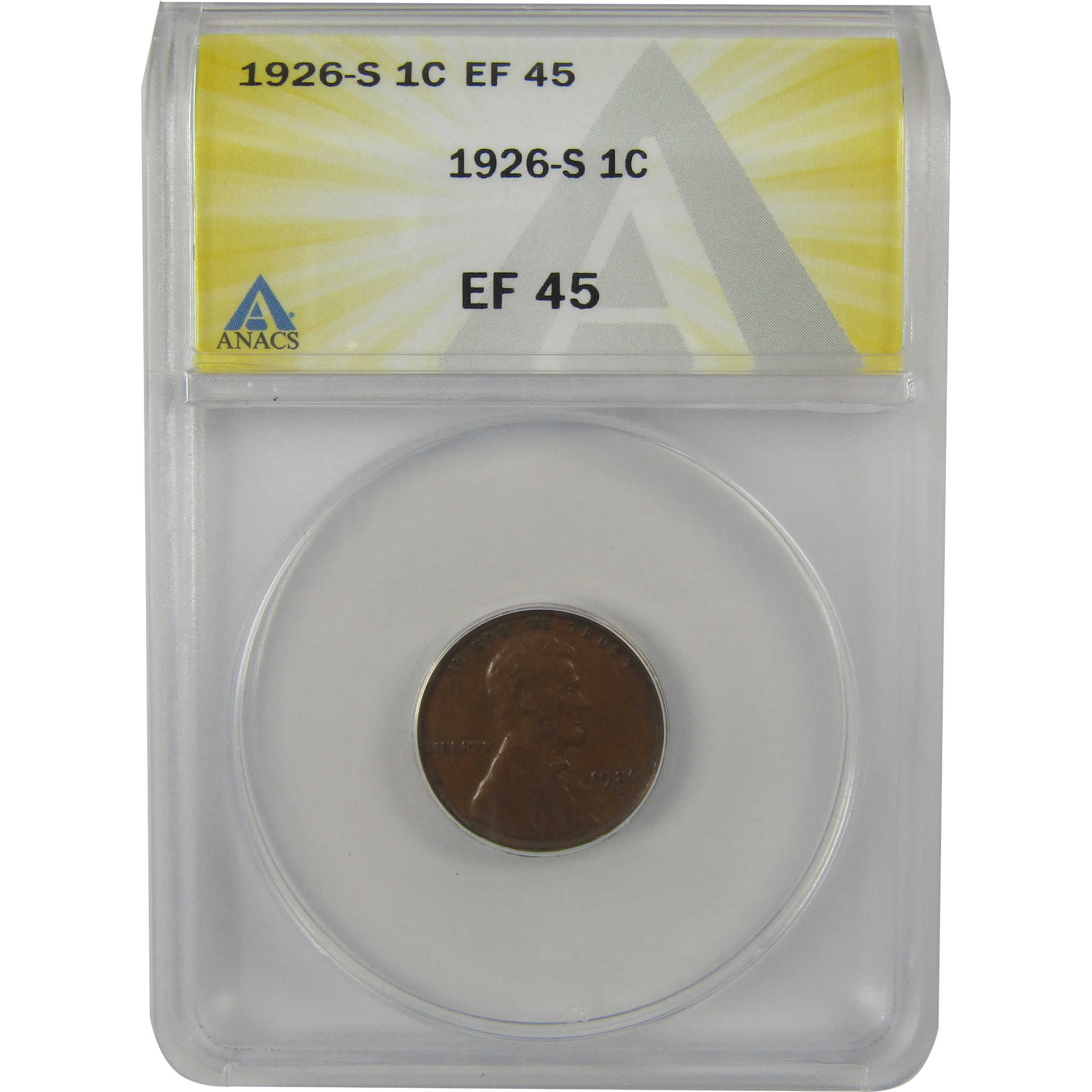
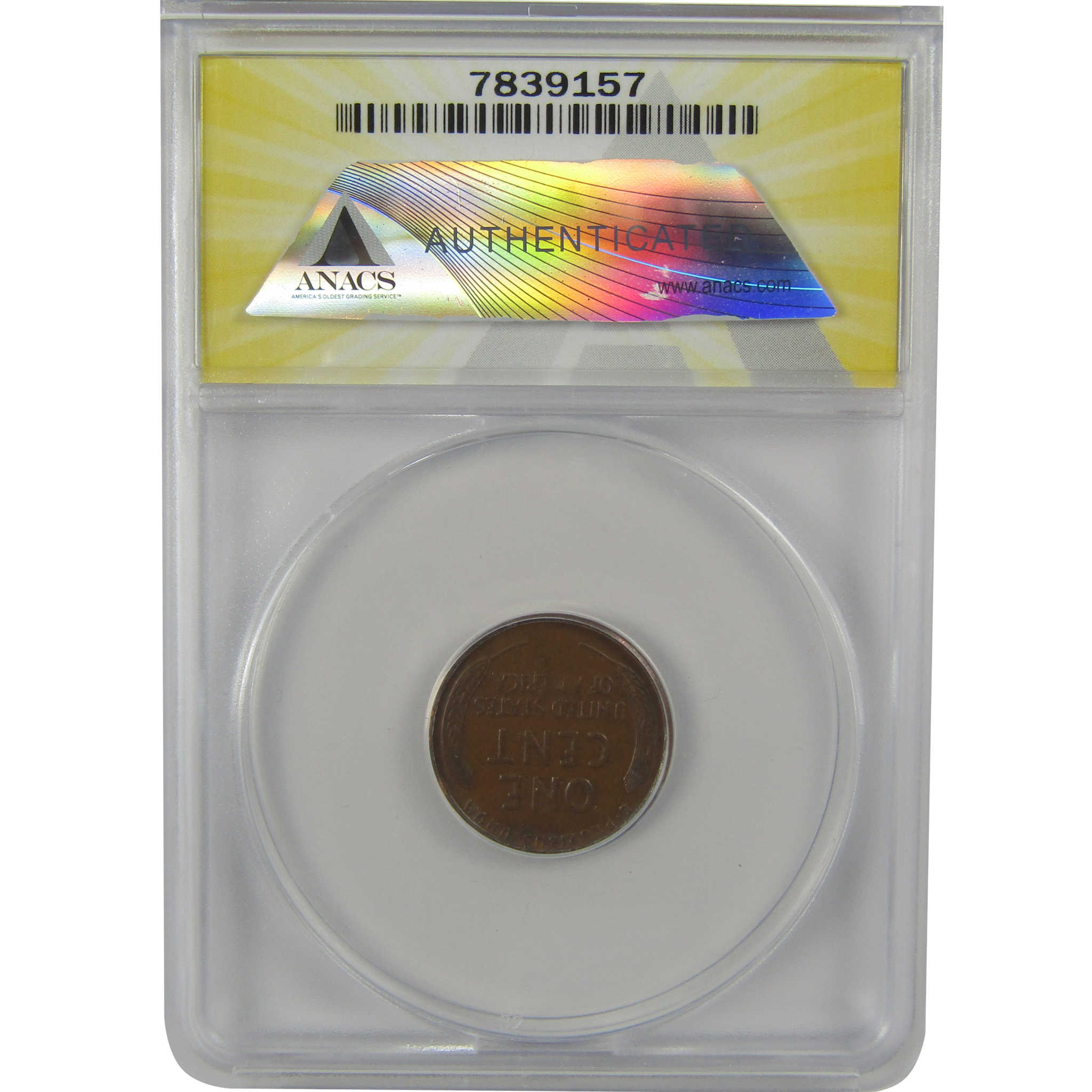
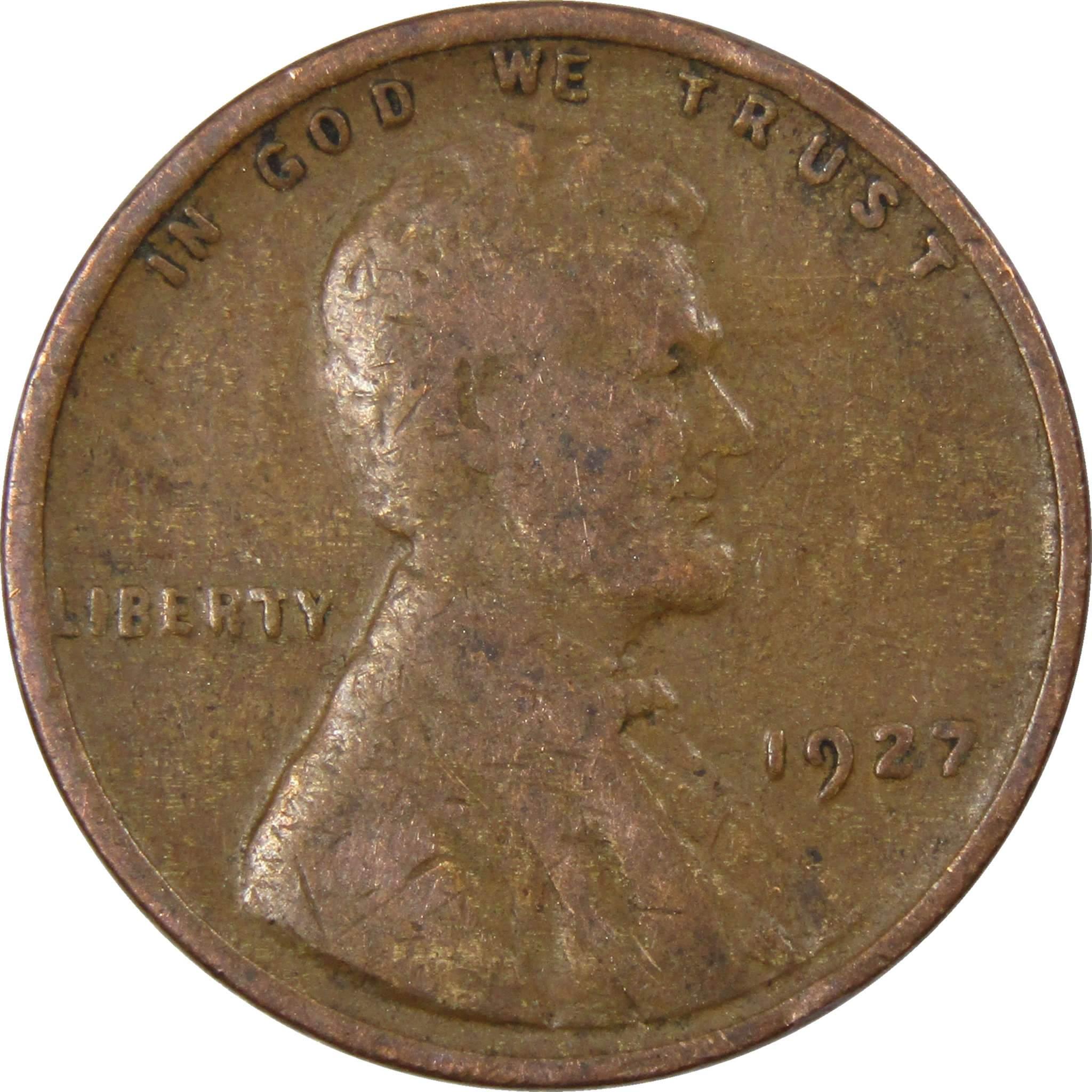
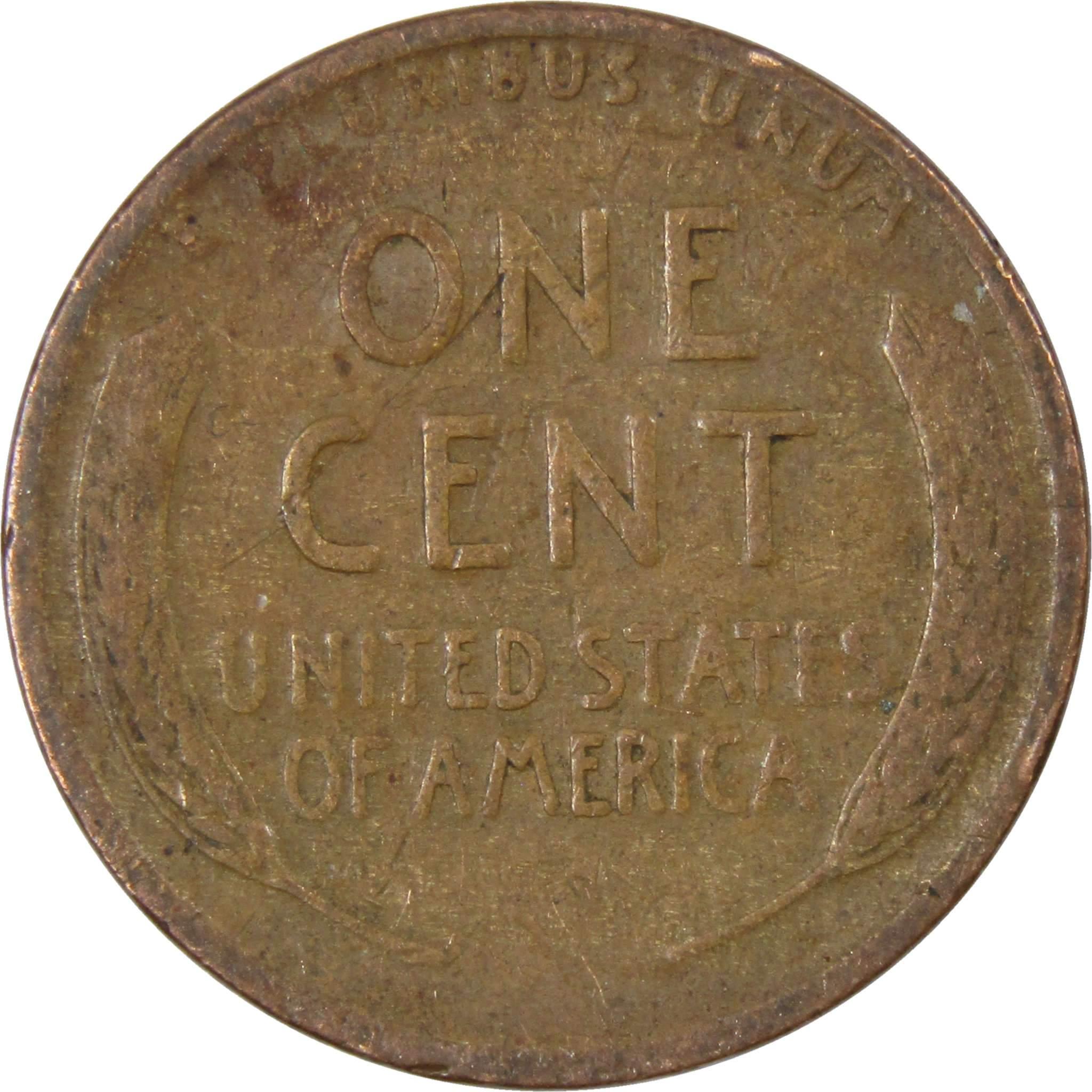
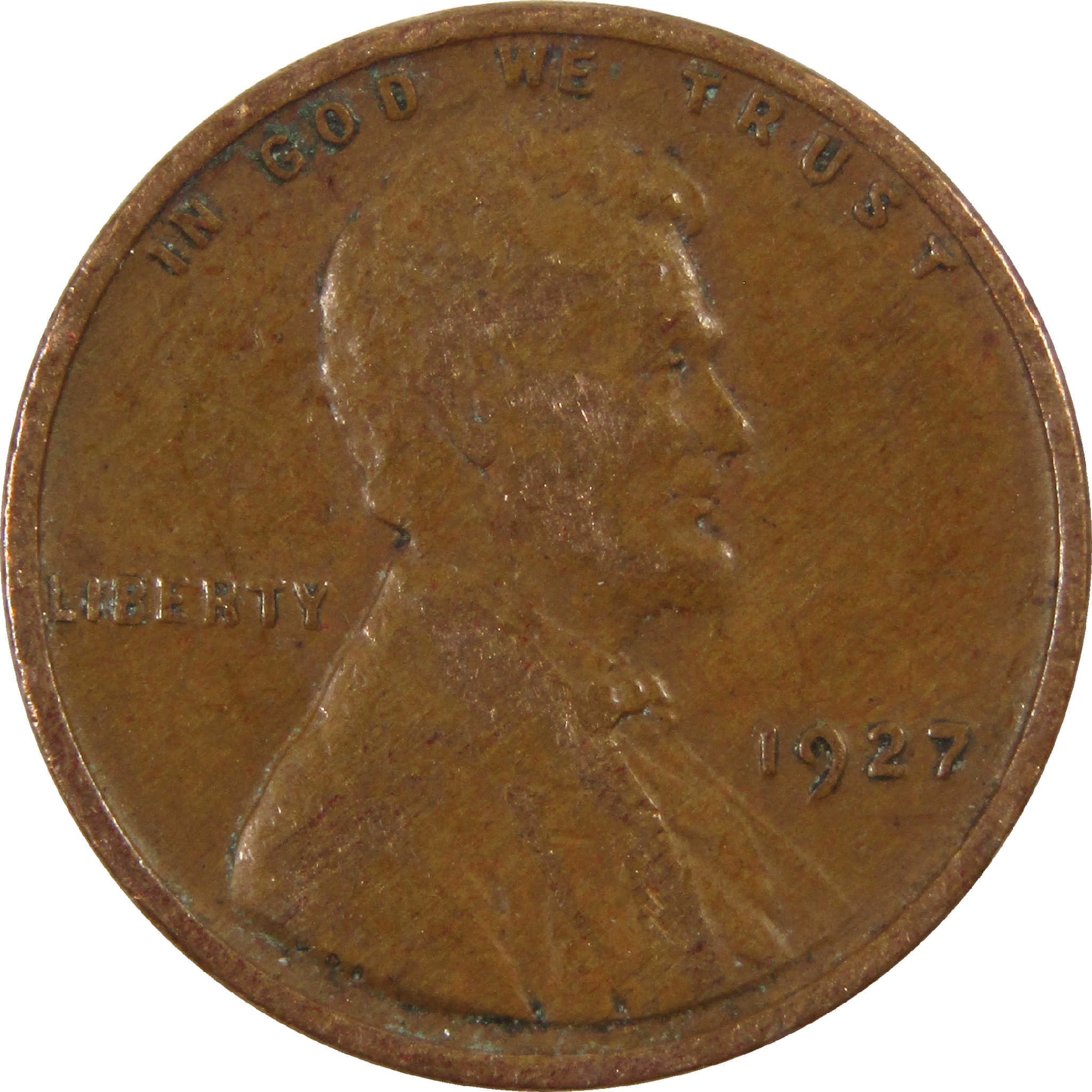
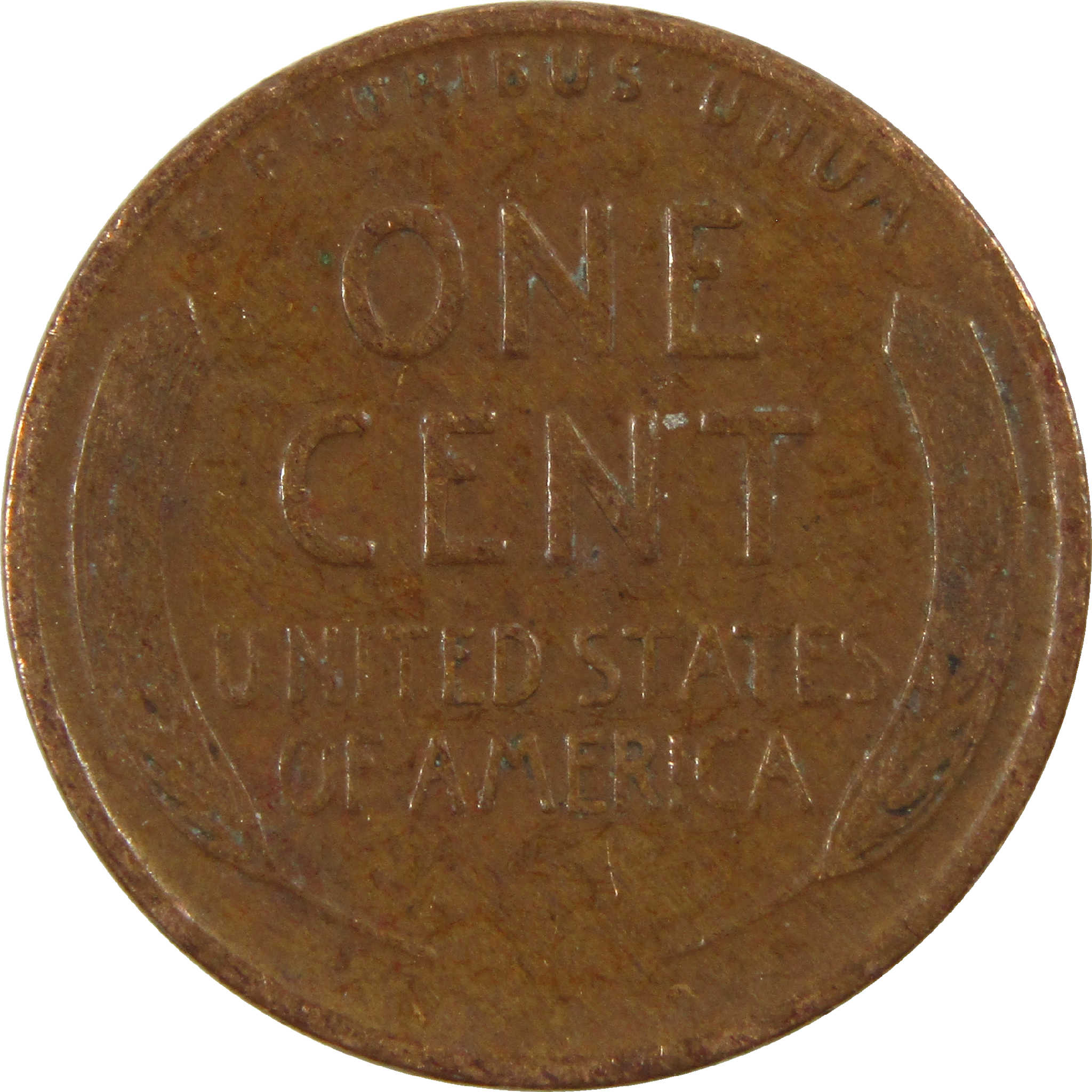
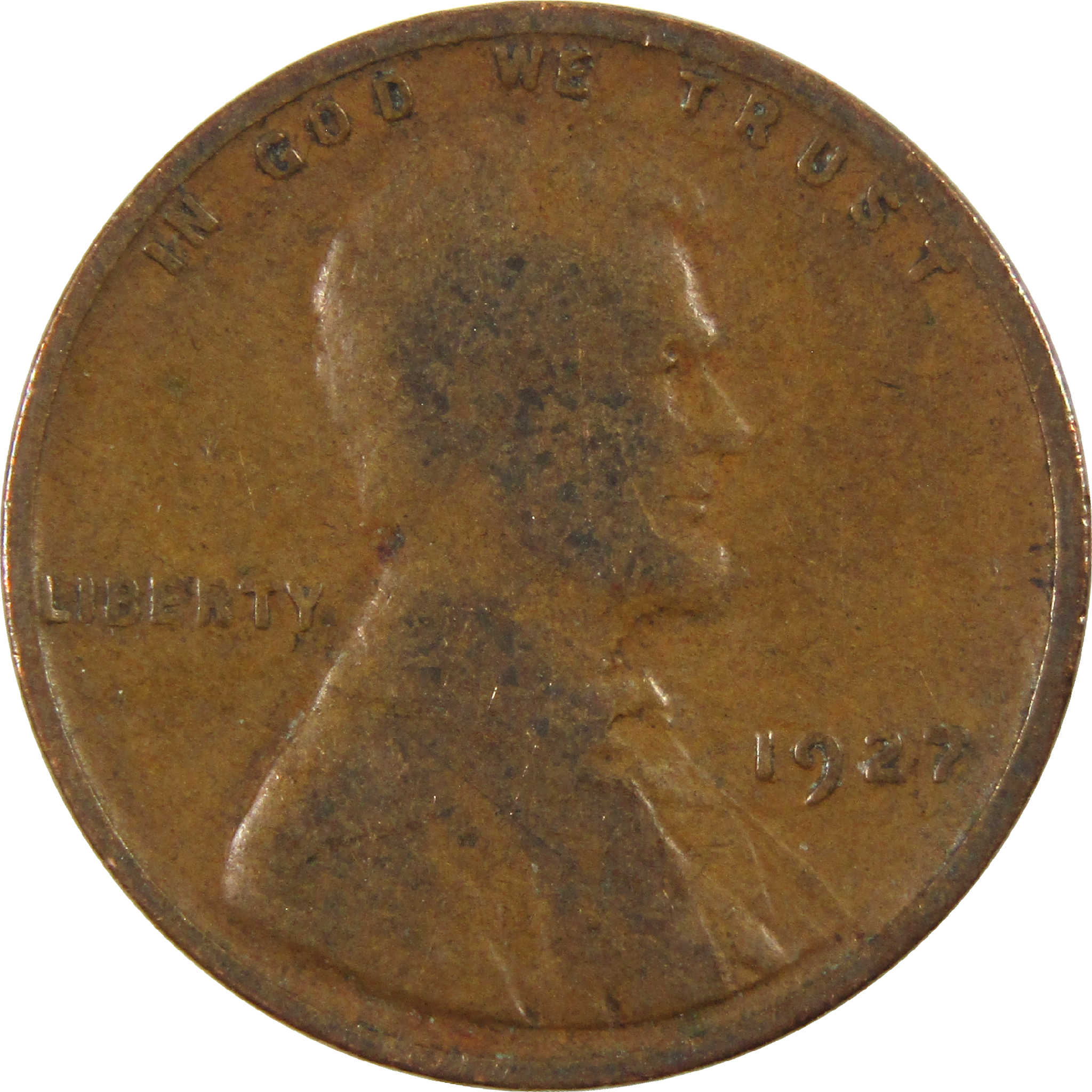
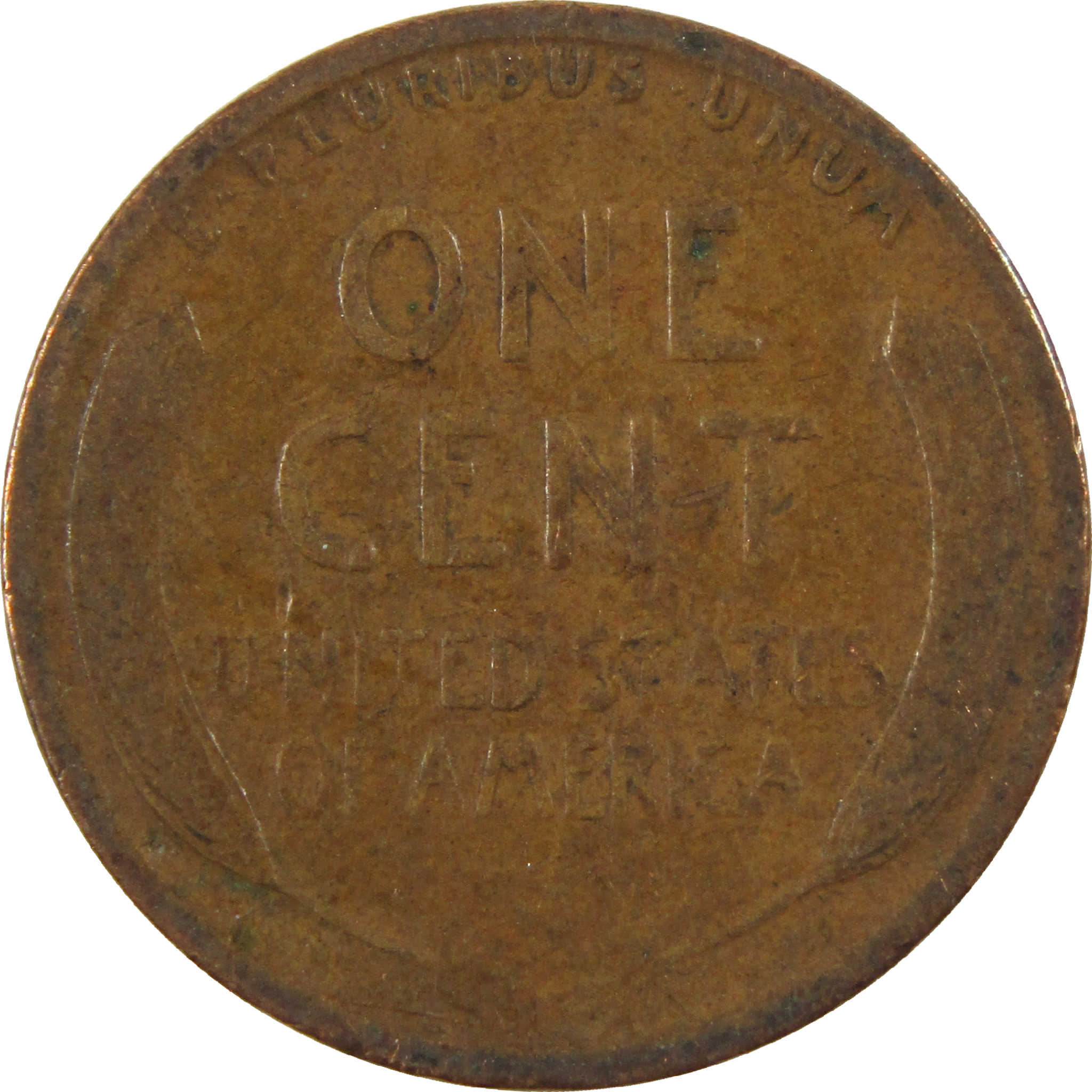
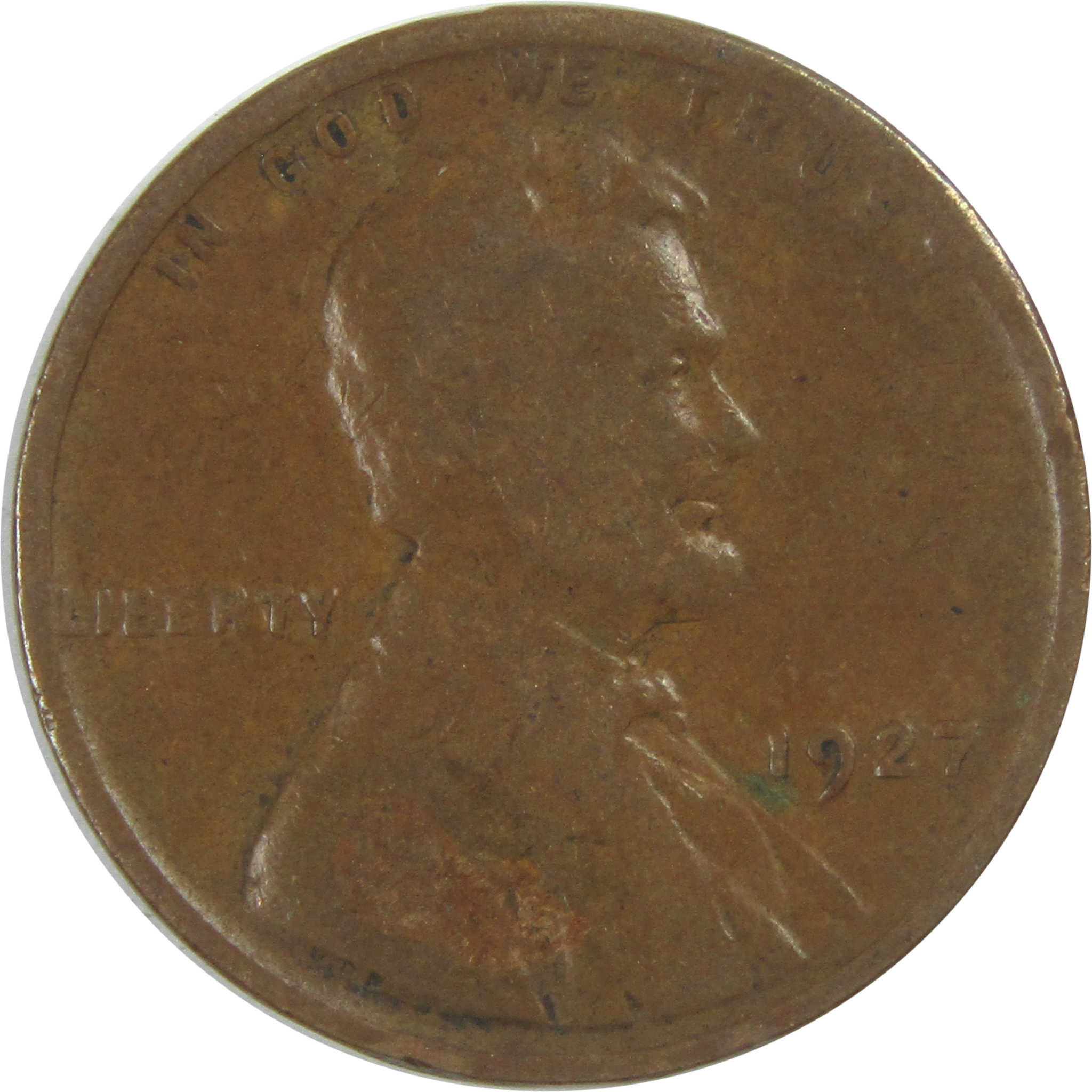
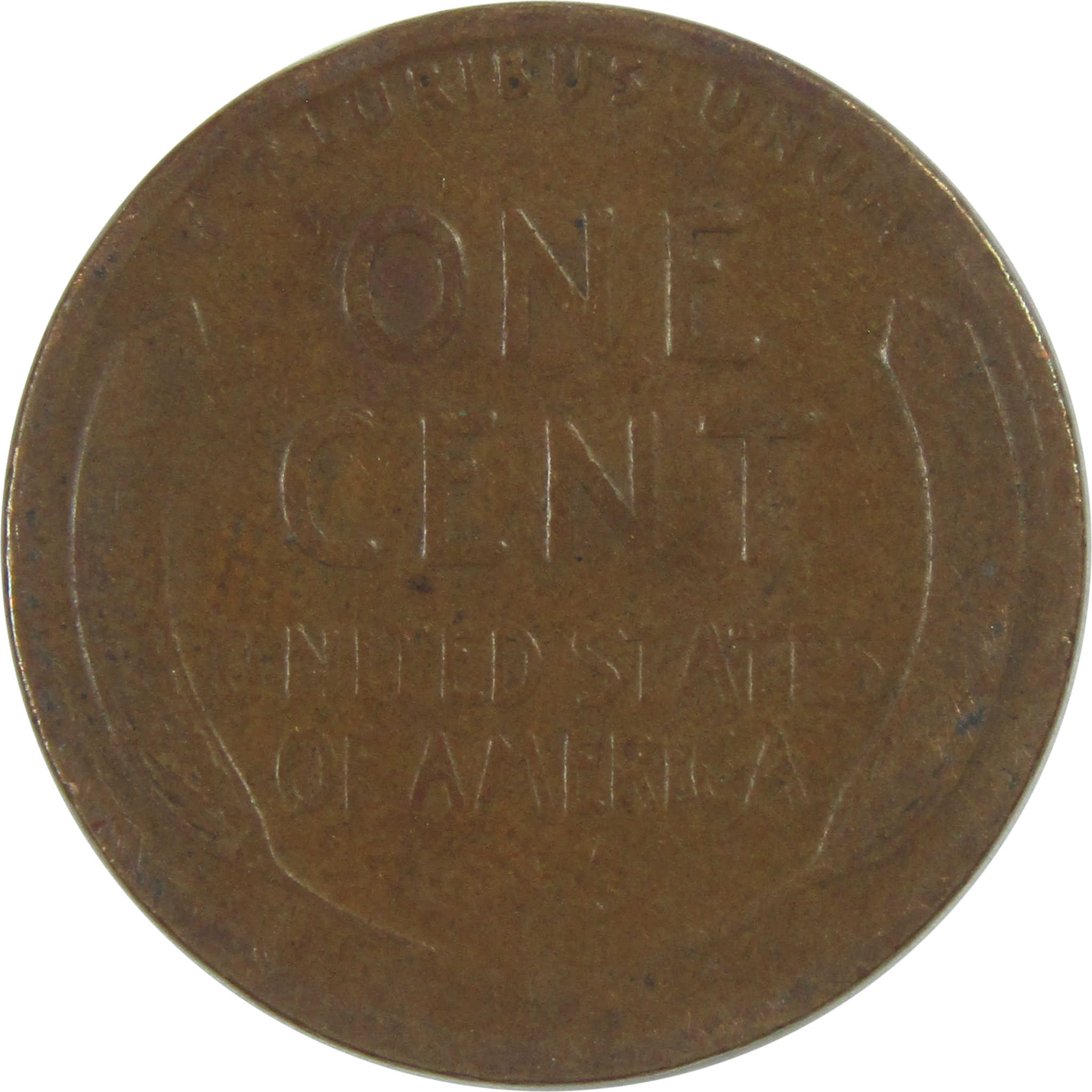
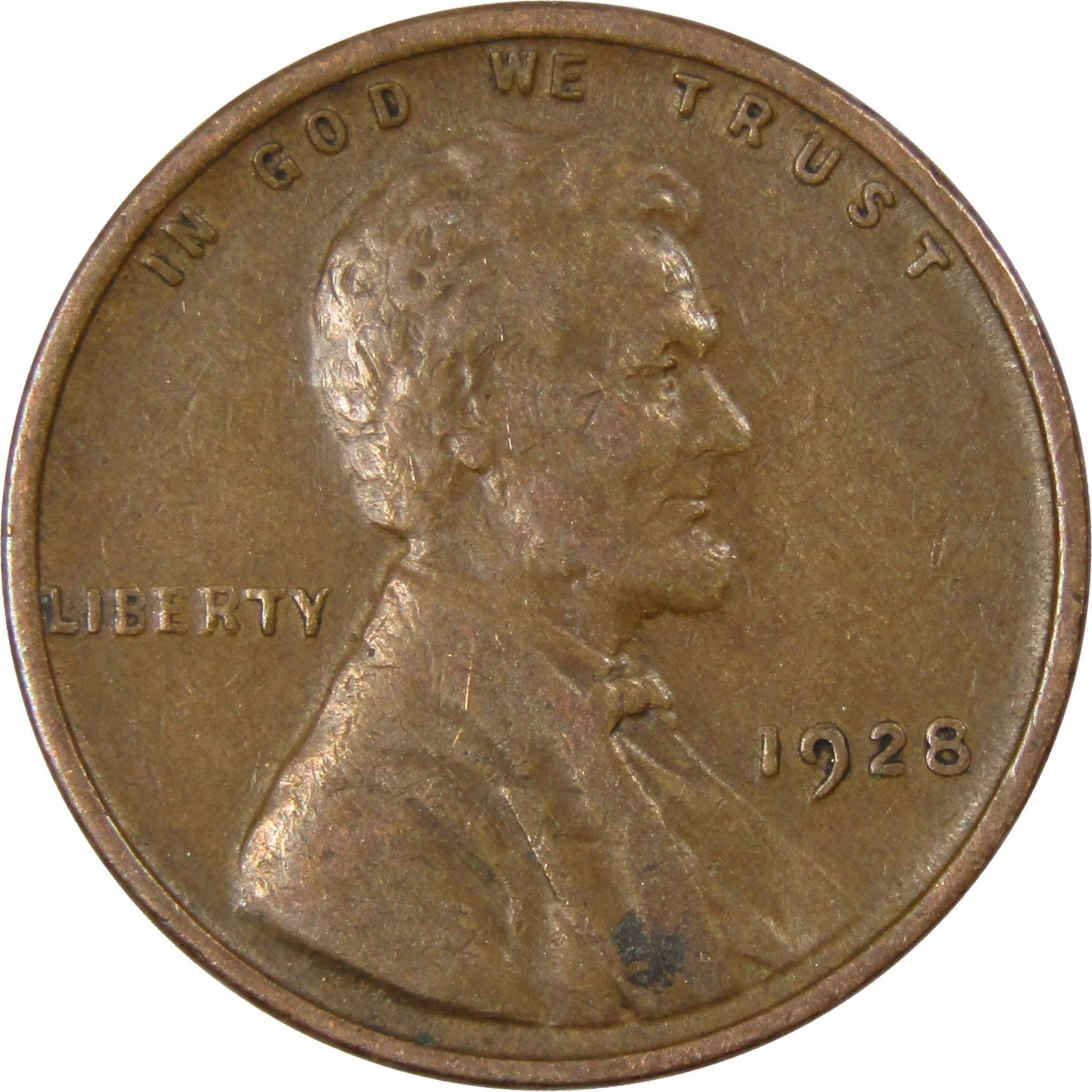
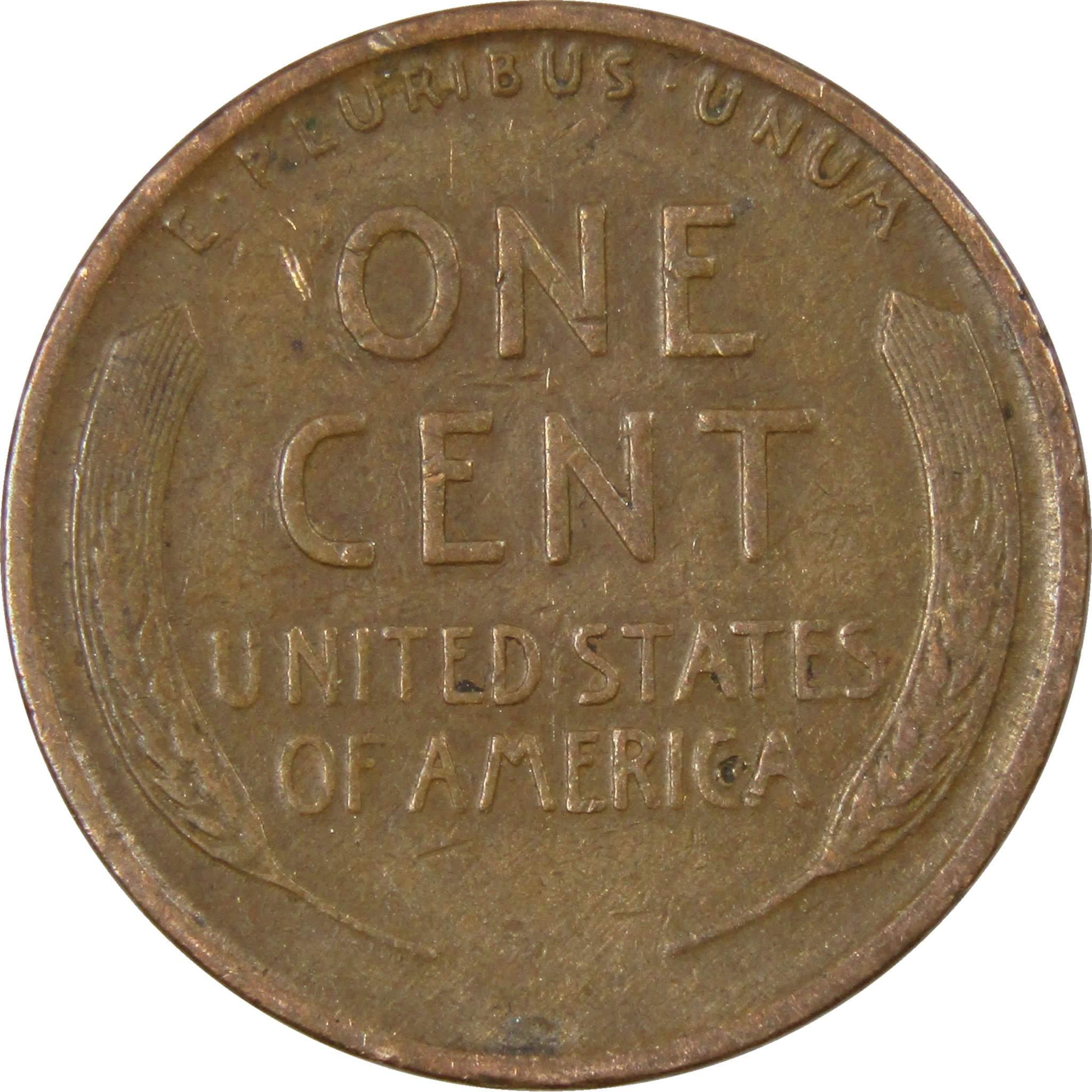
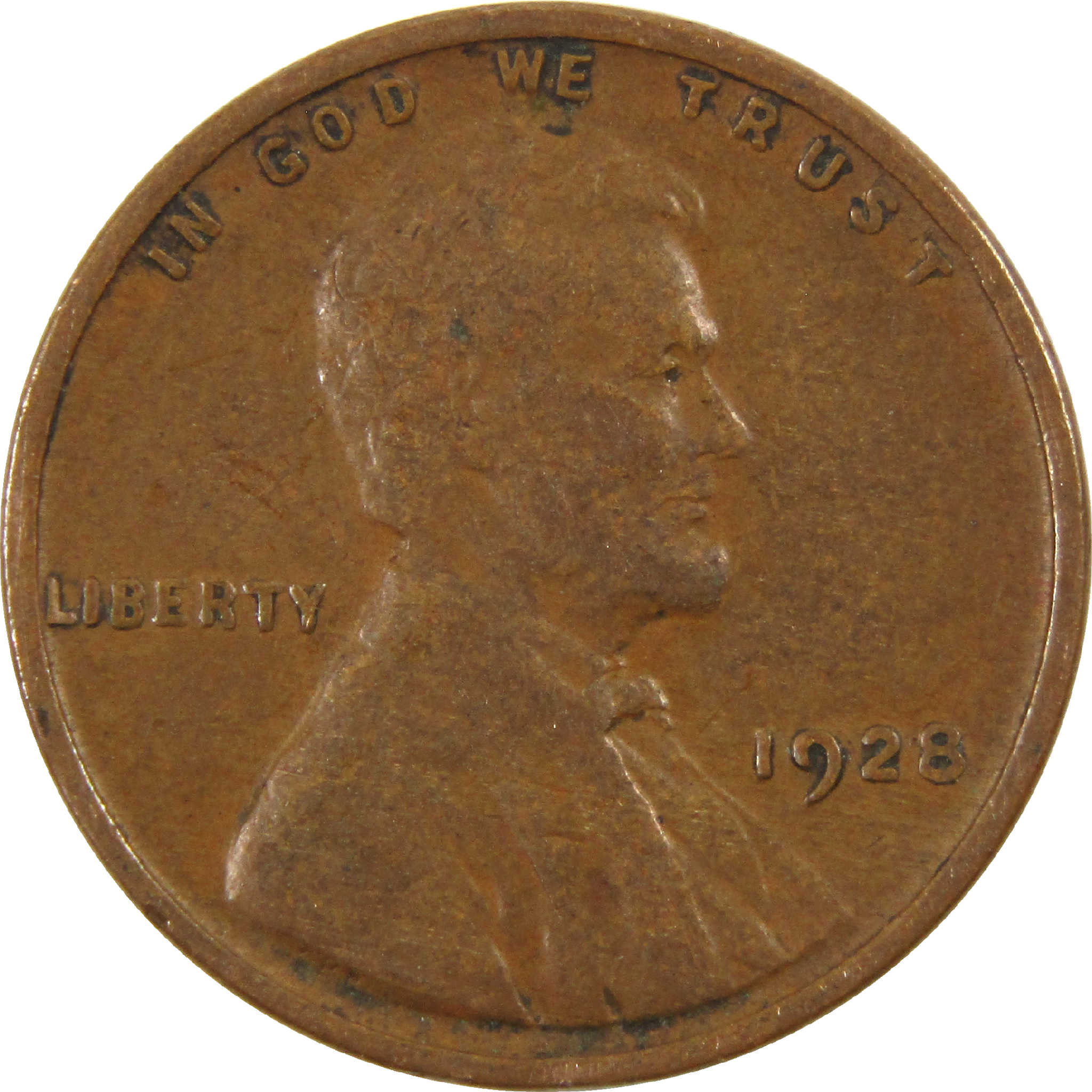
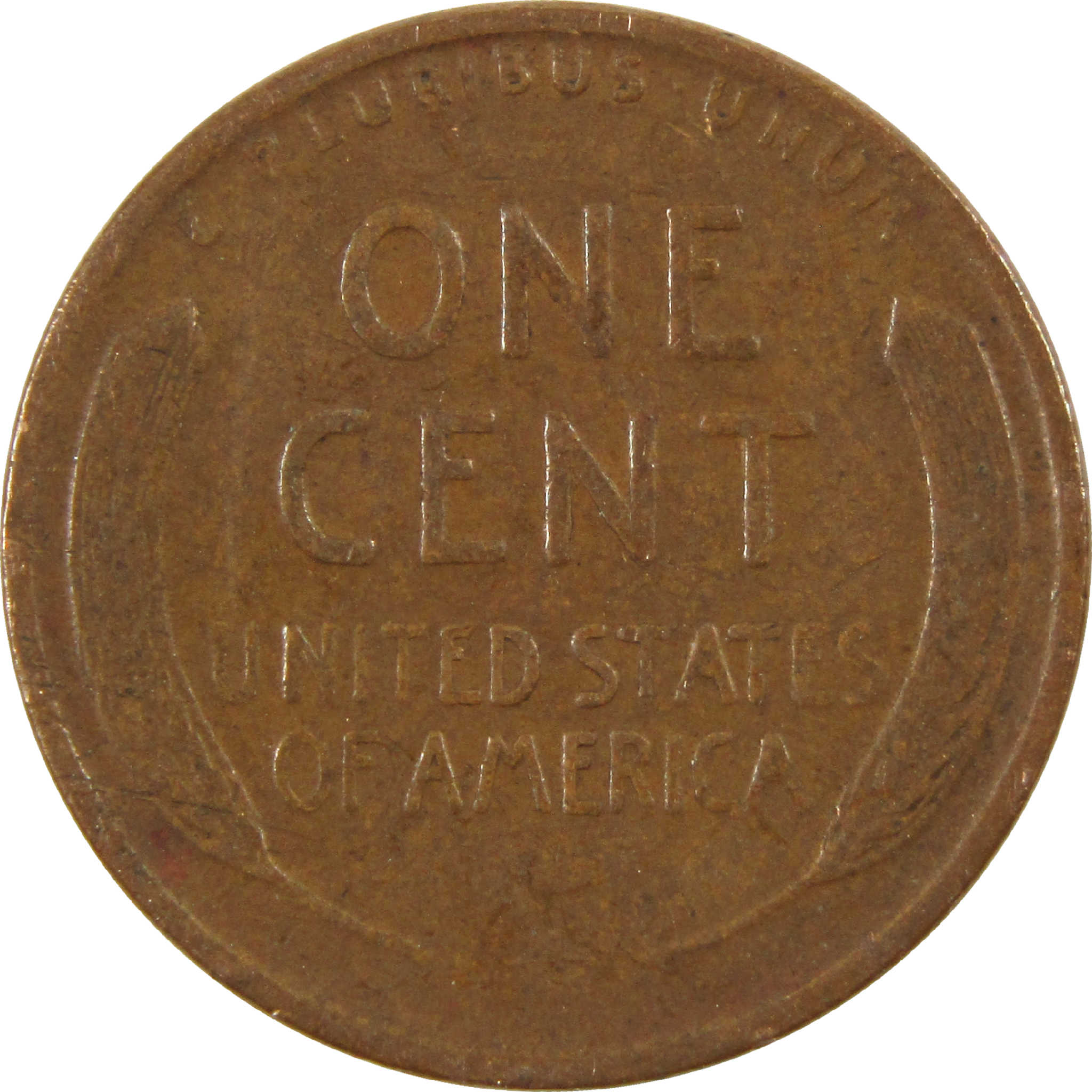
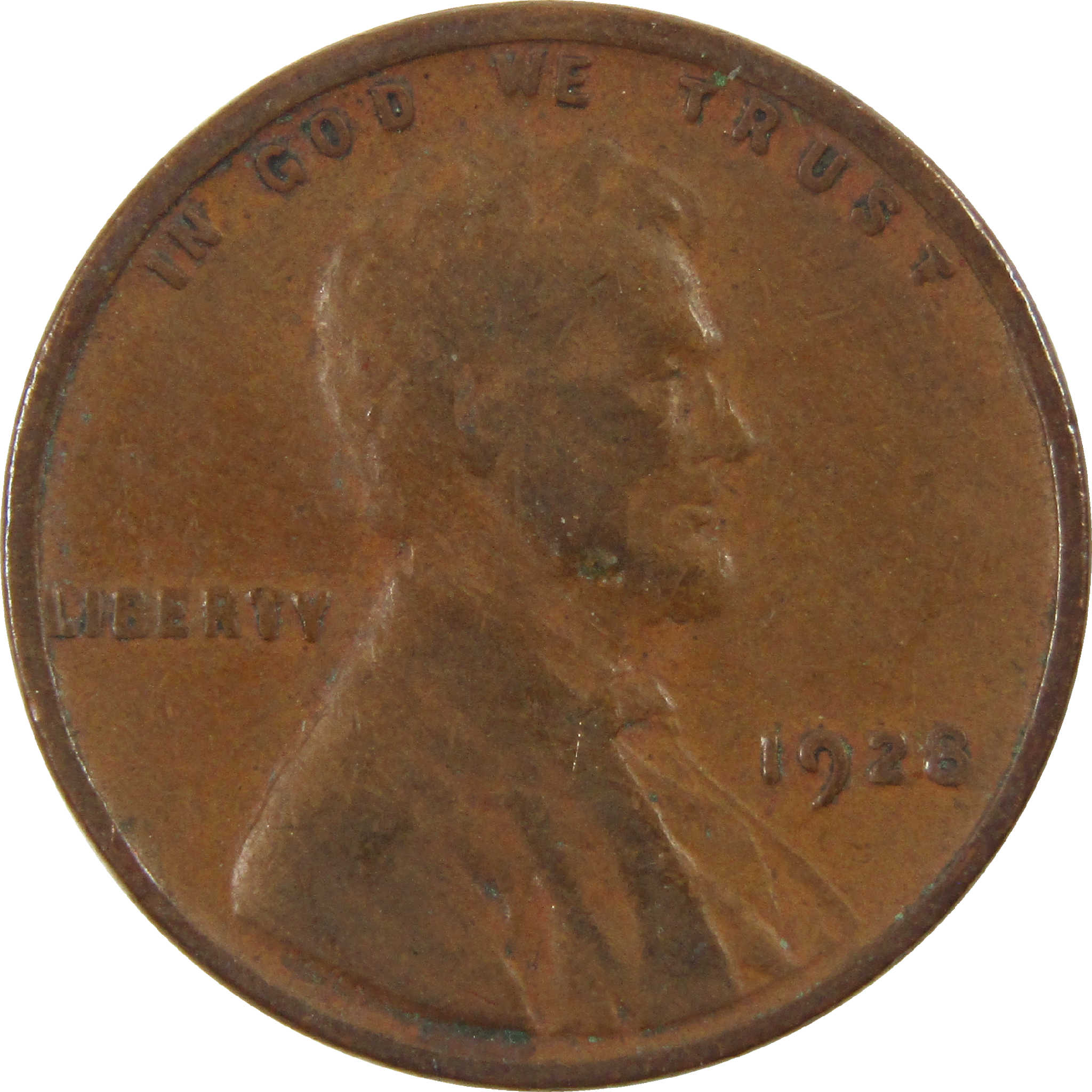
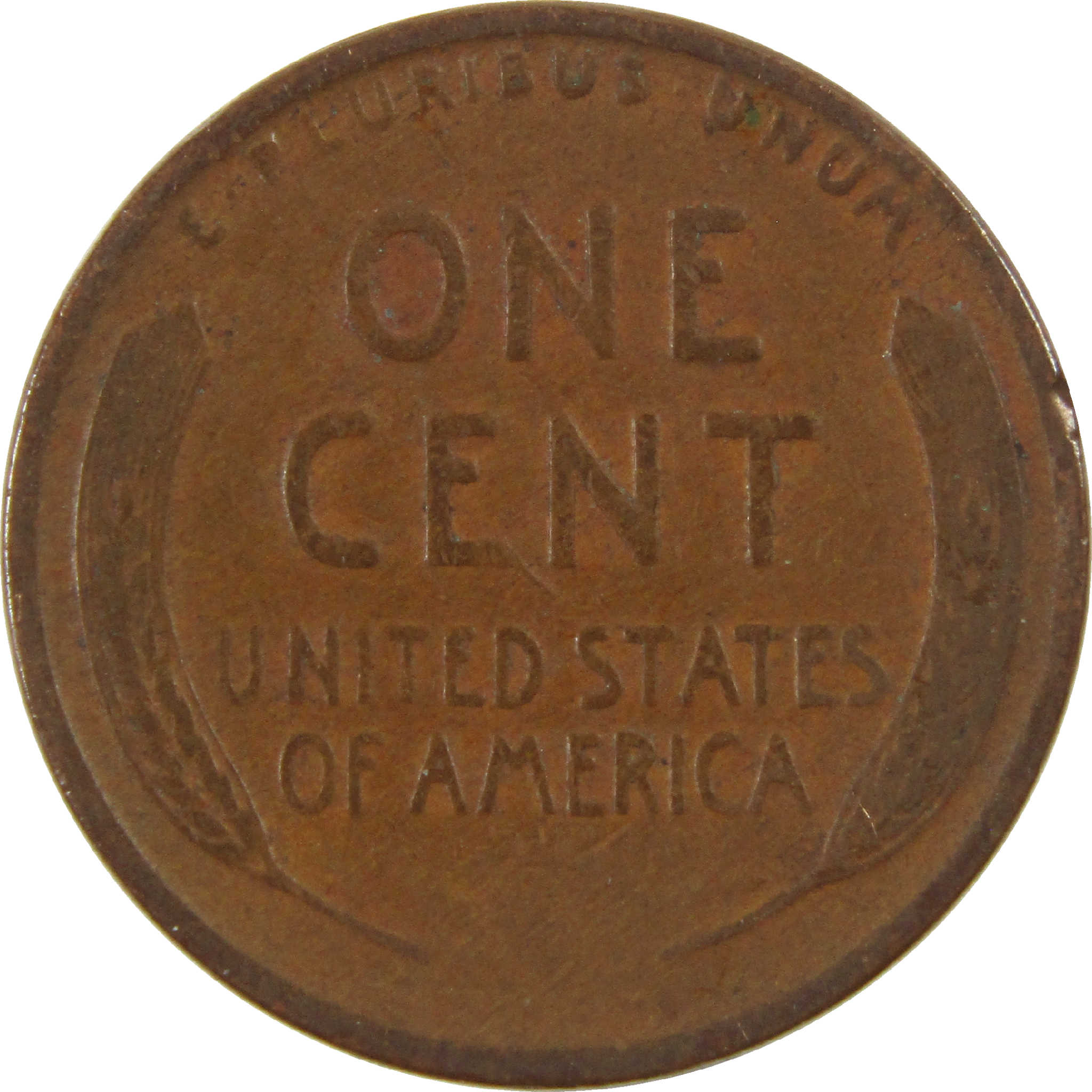
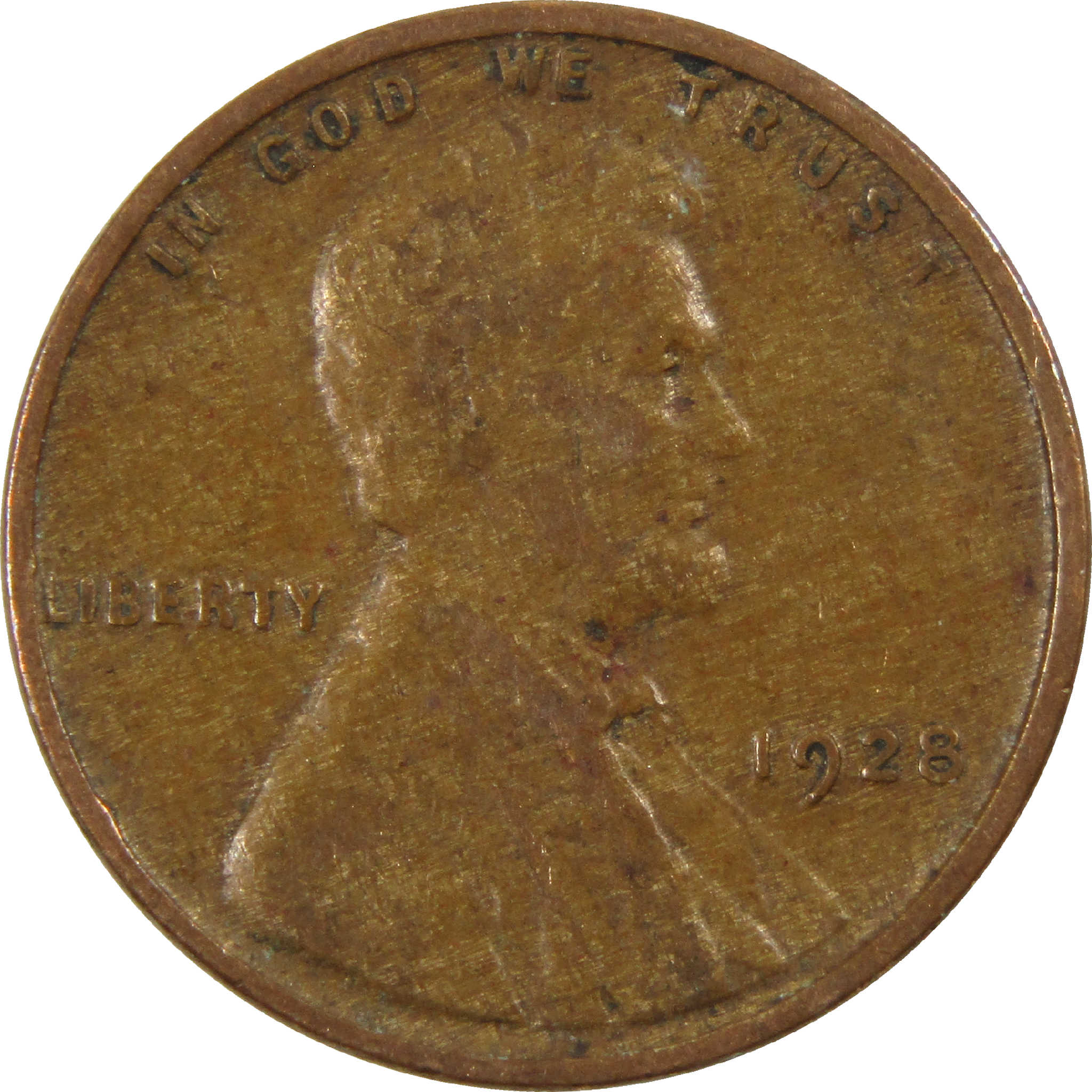
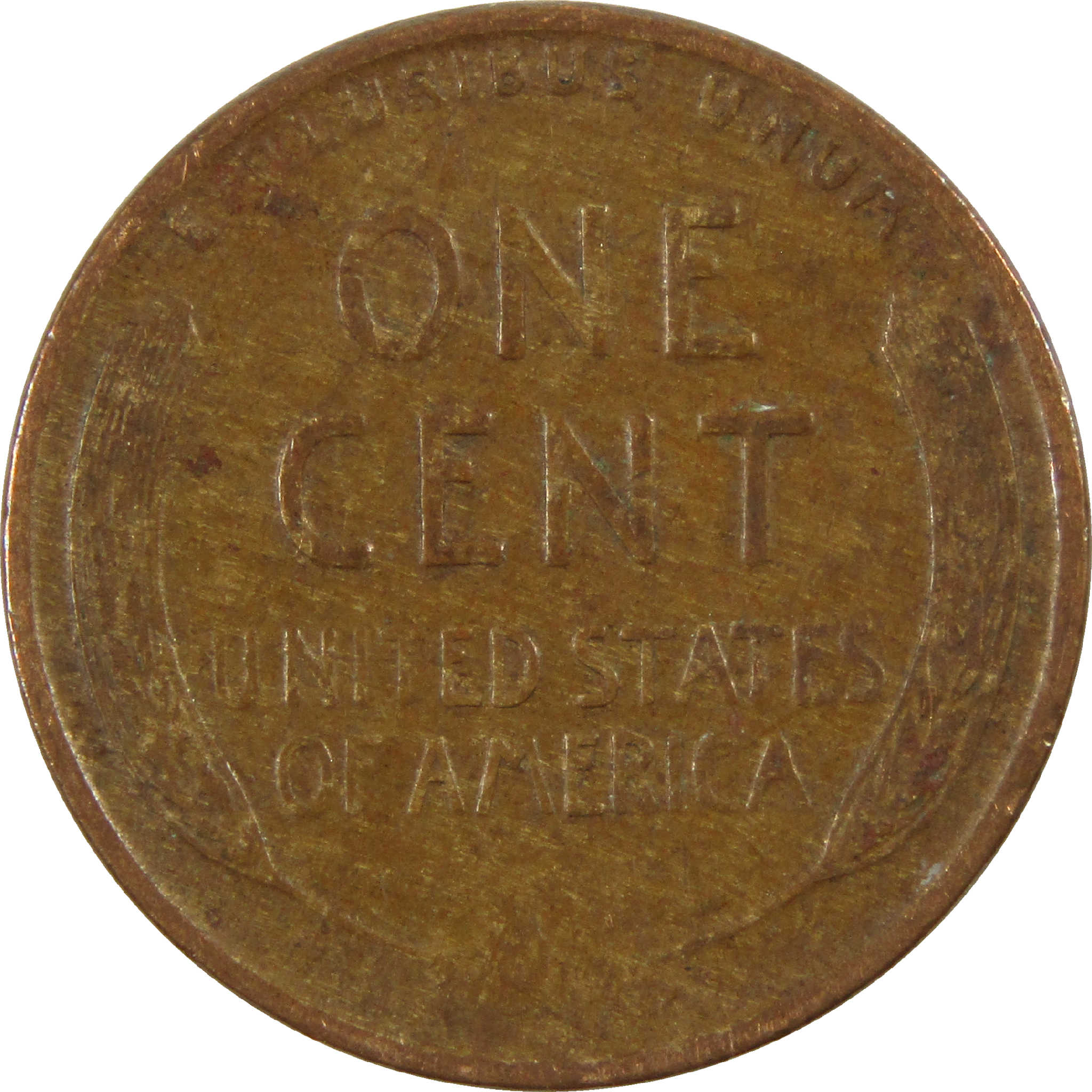
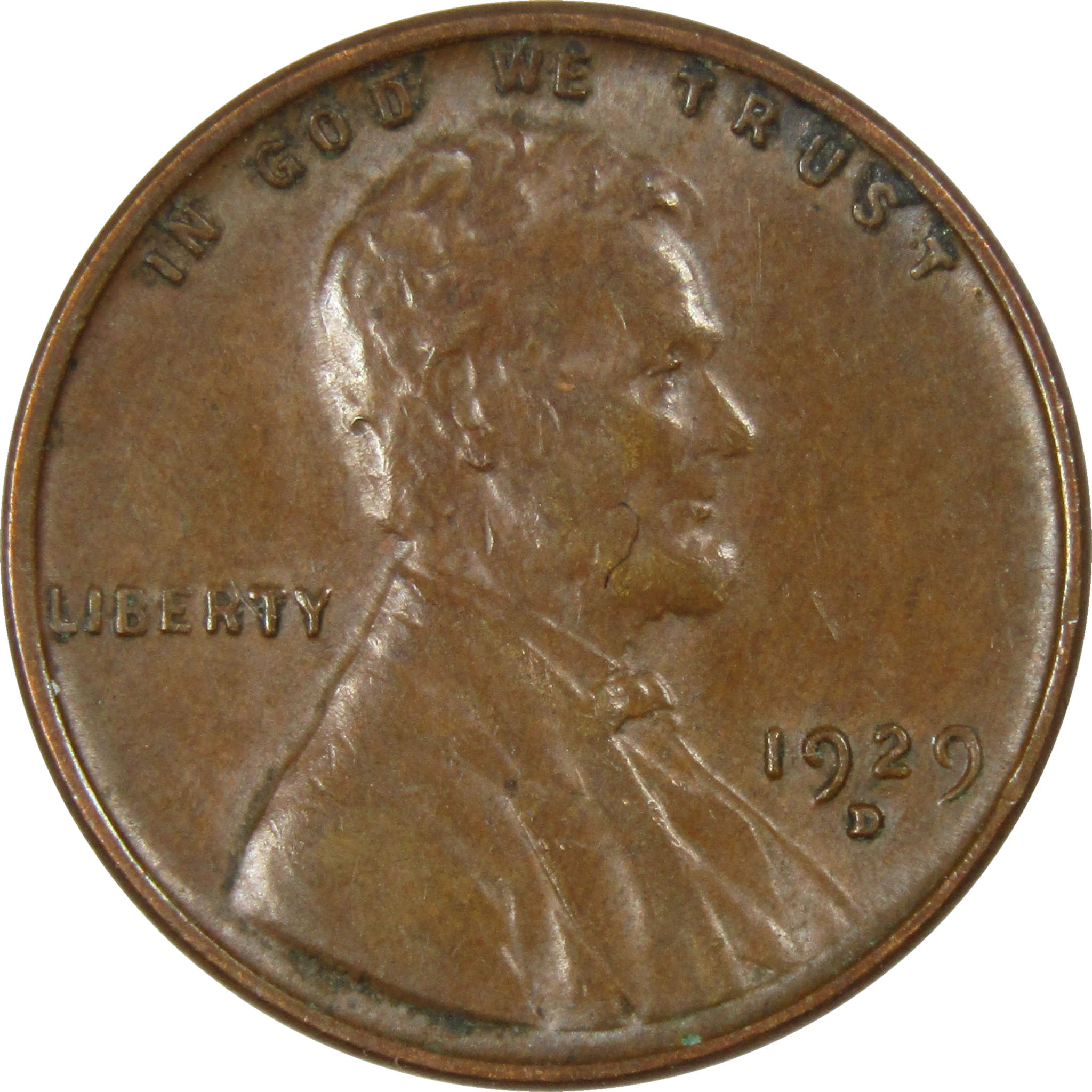
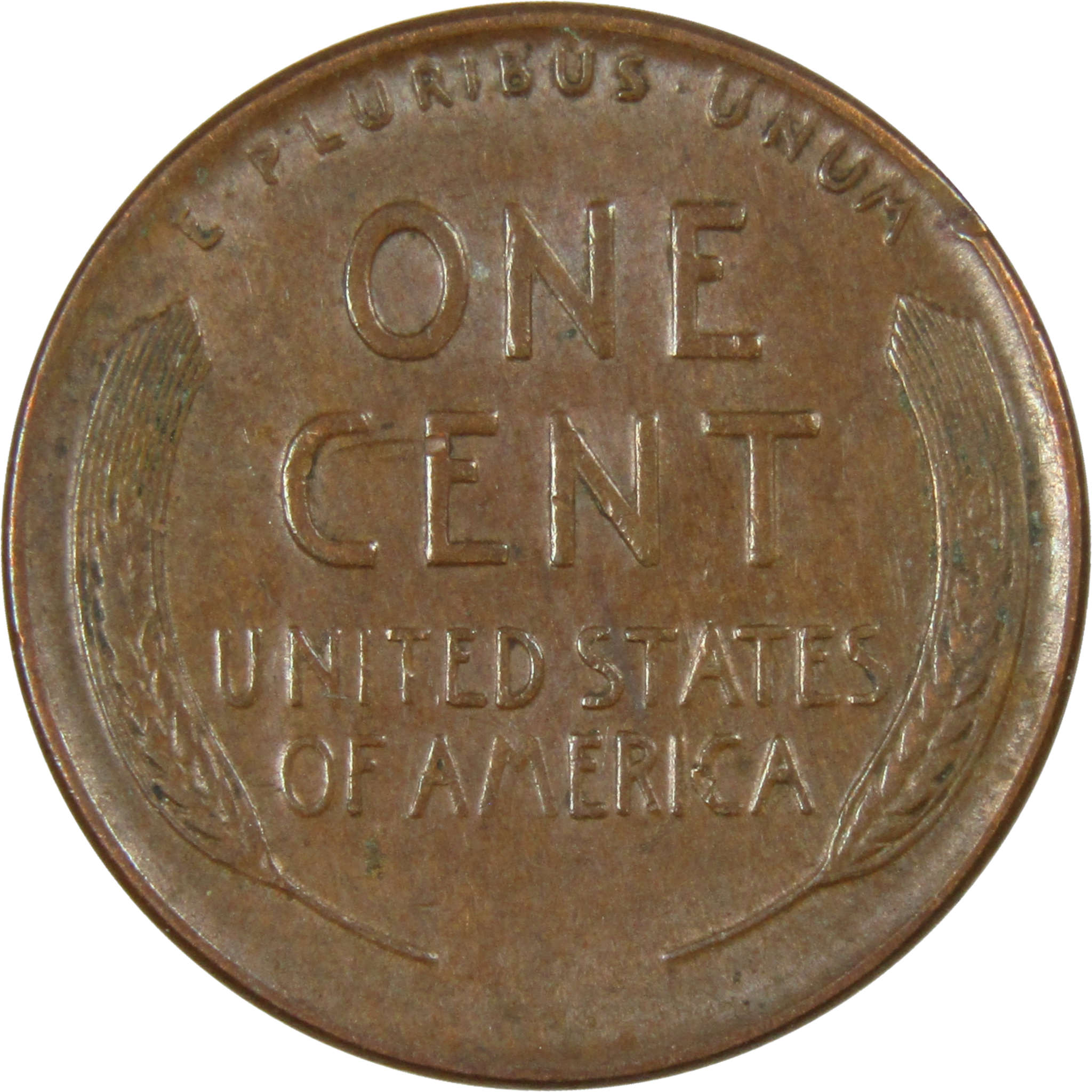

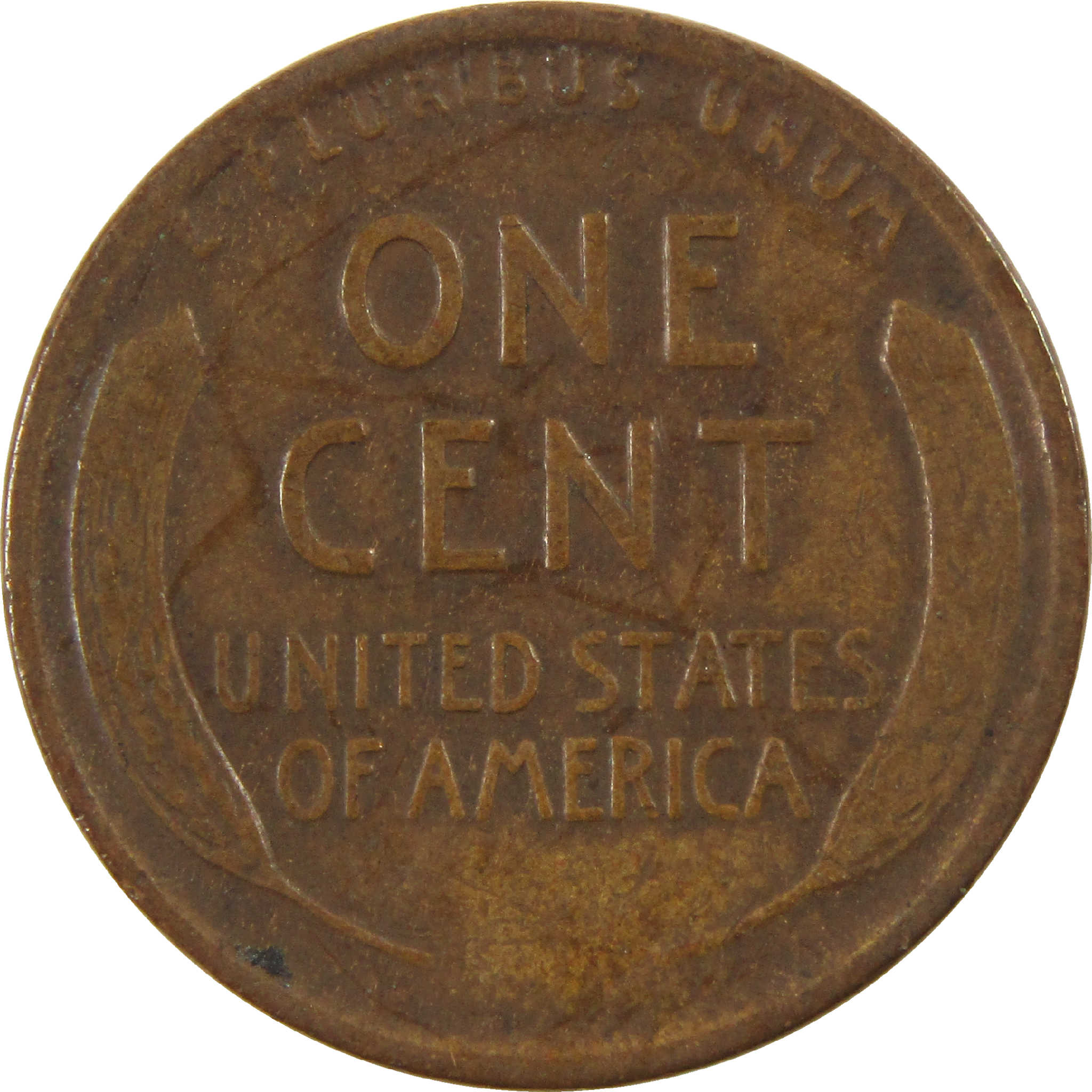
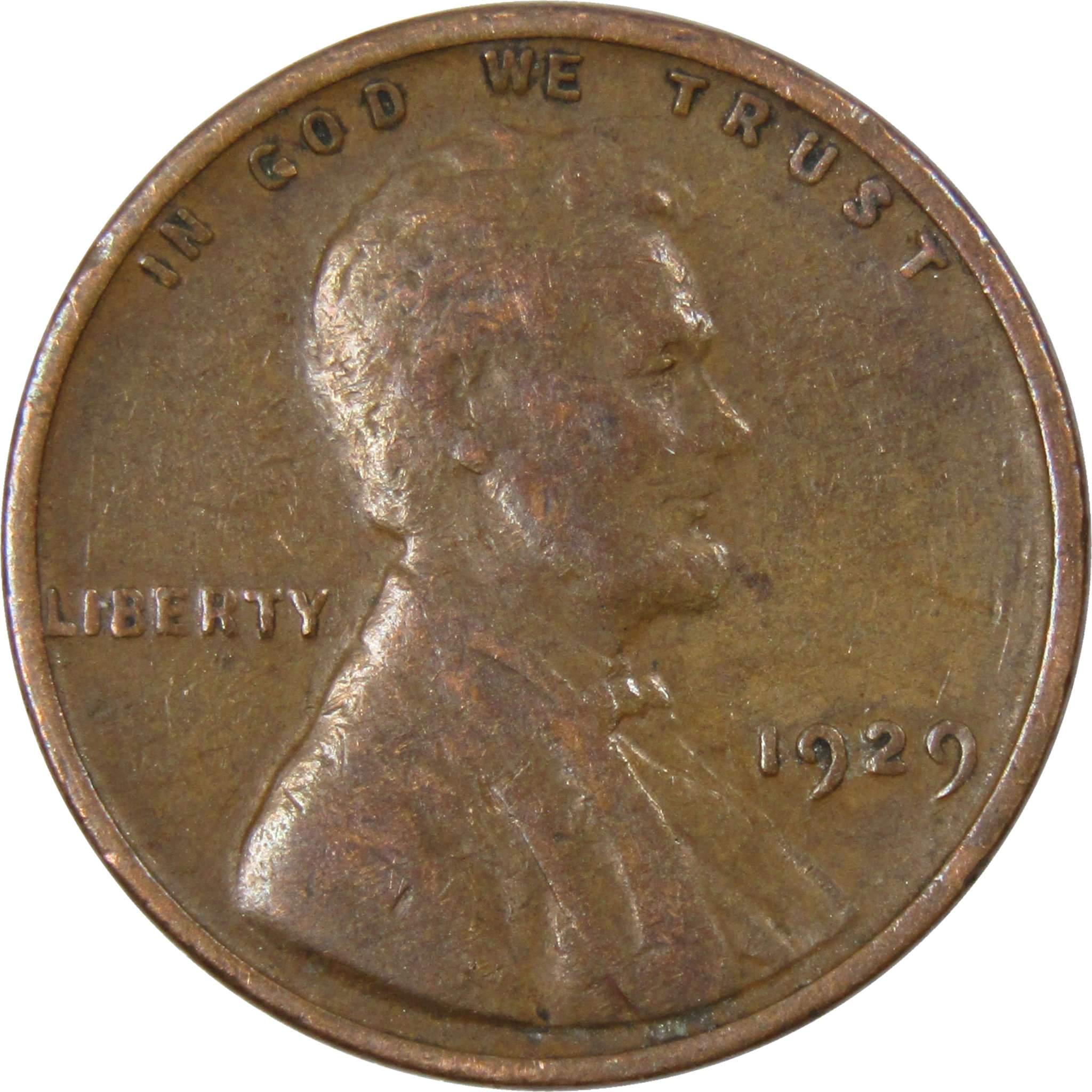
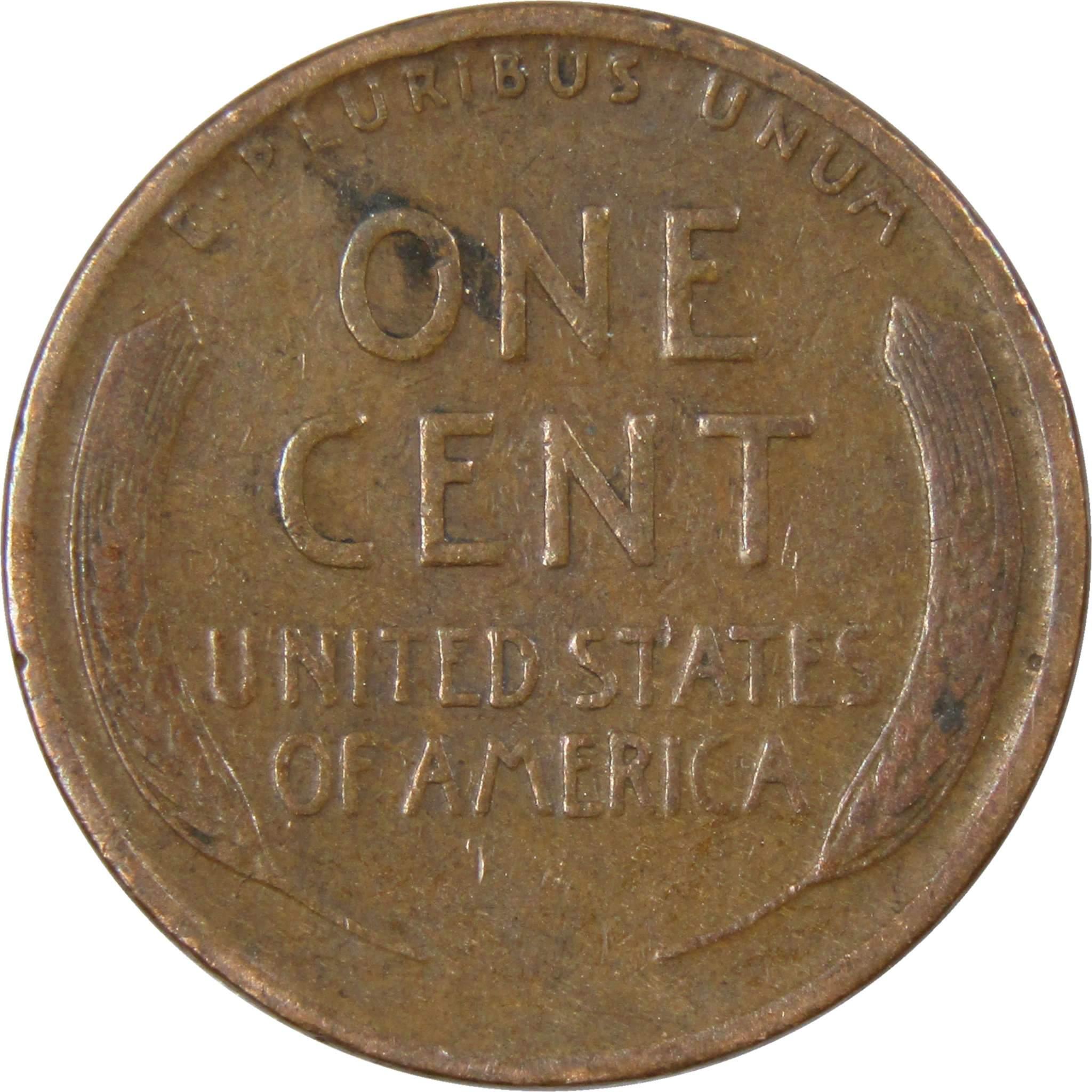
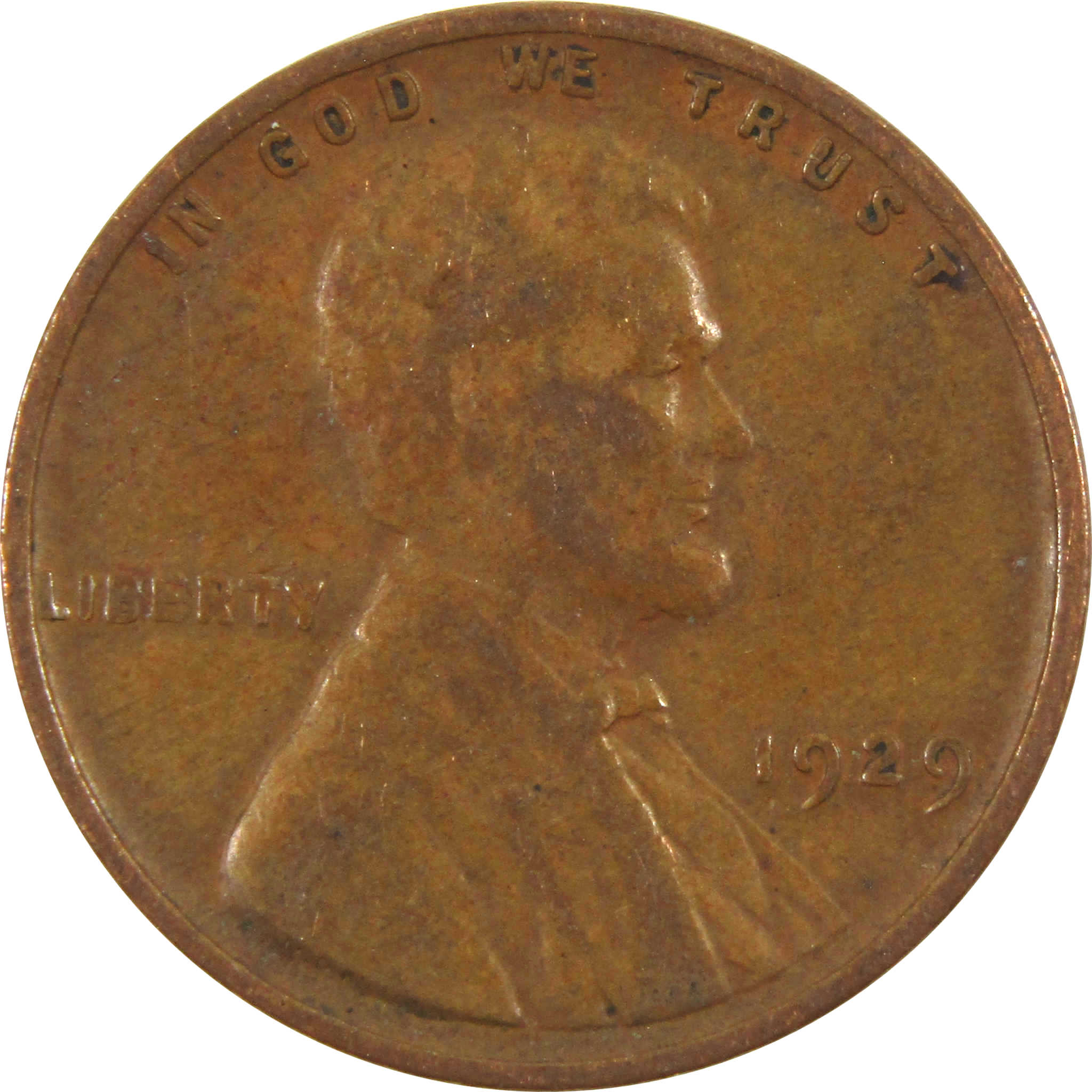
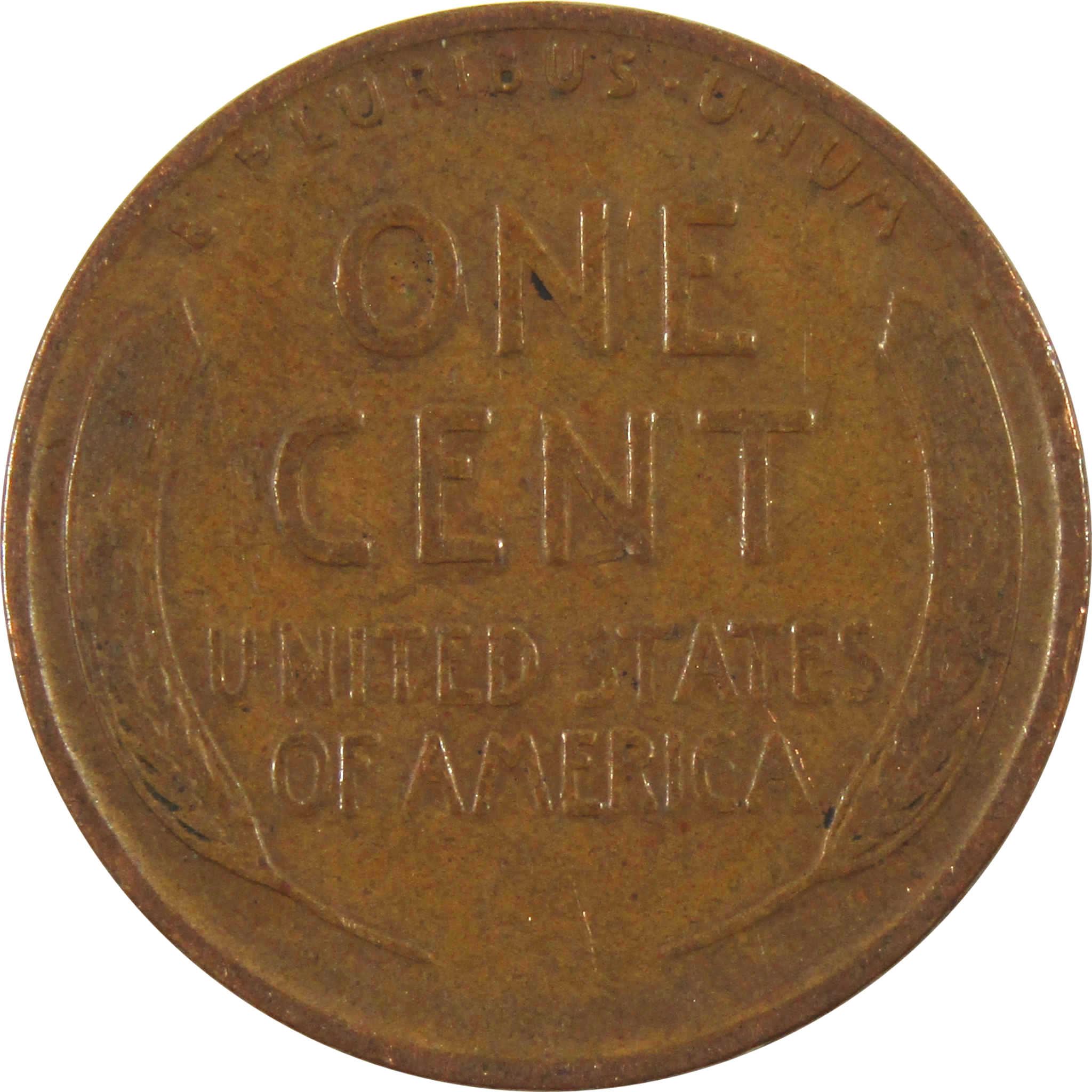
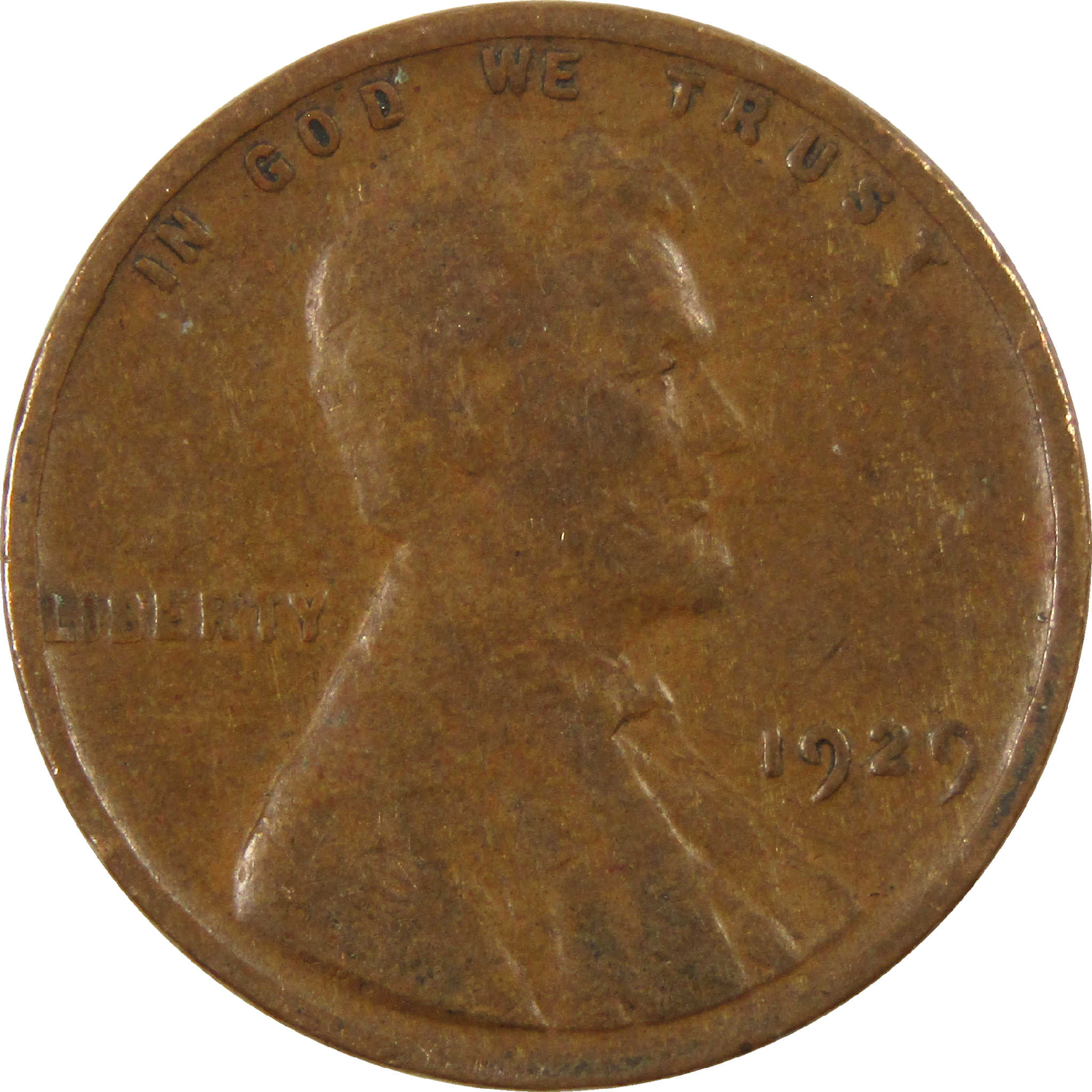
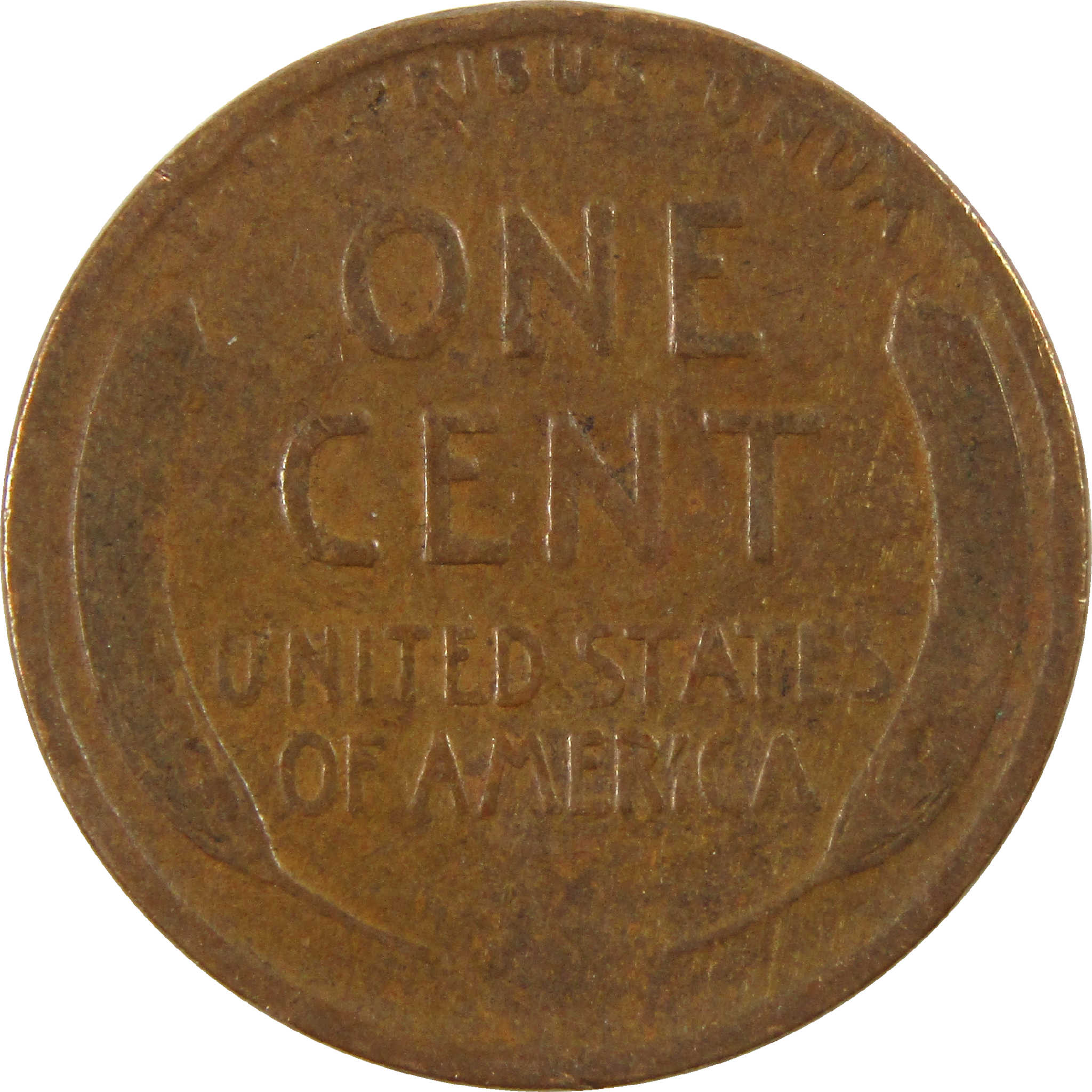
U.S. Wheat Cents (1909-1958): A Brief History
The Lincoln Wheat Penny holds a special place in numismatic history. This iconic coin not only transformed the appearance of American currency but also reflected the shifting socio-political landscape of the early 20th century.
Before these coins, the Indian Head Cent had been in circulation for over half a century. However, with the turn of the century came a desire for change. President Theodore Roosevelt, a proponent of artistic innovation and a driving force behind the "Renaissance of American Coinage," sought to replace the design with a coin that better represented the nation's progressive ideals.
Enter Victor D. Brenner, a Lithuanian-born artist known for his intricate medal work. Brenner's design showcased a profile of Abraham Lincoln on the obverse, making it the first U.S. coin to feature a portrait of a historical figure. This departure from allegorical and mythological motifs marked a shift towards a more personal and relatable representation of the nation's values.
The introduction of the U.S. Wheat penny was not without controversy. Brenner's initials, "V.D.B.," were prominently displayed on the initial 1909 releases, which led to public outcry and concerns about the prominence of the designer's name on a coin intended to honor Lincoln. As a result, the initials were quickly removed from subsequent editions that year, creating an instant rarity that collectors still seek today. The reverse of the coin depicted wheat ears around the denomination. The wheat ears symbolized agricultural abundance, a tribute to the foundation of the American economy.
Over its decades-long circulation, the Wheat penny only underwent one composition change. In 1943, the composition was changed from bronze to zinc-coated steel to save copper during the war. These cents are commonly referred to as wartime cents, steel war pennies, zinc cents or steelies.
In 1959, to commemorate the 150th anniversary of Lincoln's birth and to modernize the coin's appearance, the design was replaced with the Lincoln Memorial on the reverse, created by Frank Gasparro. This marked the end of an era for the iconic Wheat cent. Today, it remains an enduring symbol of change and legacy. Its introduction represented a departure from traditional coinage design, embracing a more humanistic approach that resonated with the evolving American identity. Beyond its numismatic significance, the coin stands as a tangible connection to the past, a reminder of the transformative power of art and design in shaping a nation's currency and culture.
The Legacy of Lincoln Wheat Pennies: A Collector's Treasure
The Wheat cent is a beloved piece for collectors and historians alike. Its unique design, symbolizing both America's agricultural roots and its journey through significant historical events, has made it a staple in coin collections across the country. From the early 1909 V.D.B. editions to the rare 1943 steel cents, each coin tells a story of the era in which it was minted. Collectors value these pennies not only for their historical significance but also for the craftsmanship and care that went into their creation, ensuring that it continues to be a cherished artifact in the world of numismatics. Add to your collection today with Lincoln Wheat cents for sale by year, mint location and grade at Profile Coins. Plus, all orders are backed by our 30-day satisfaction guarantee.

